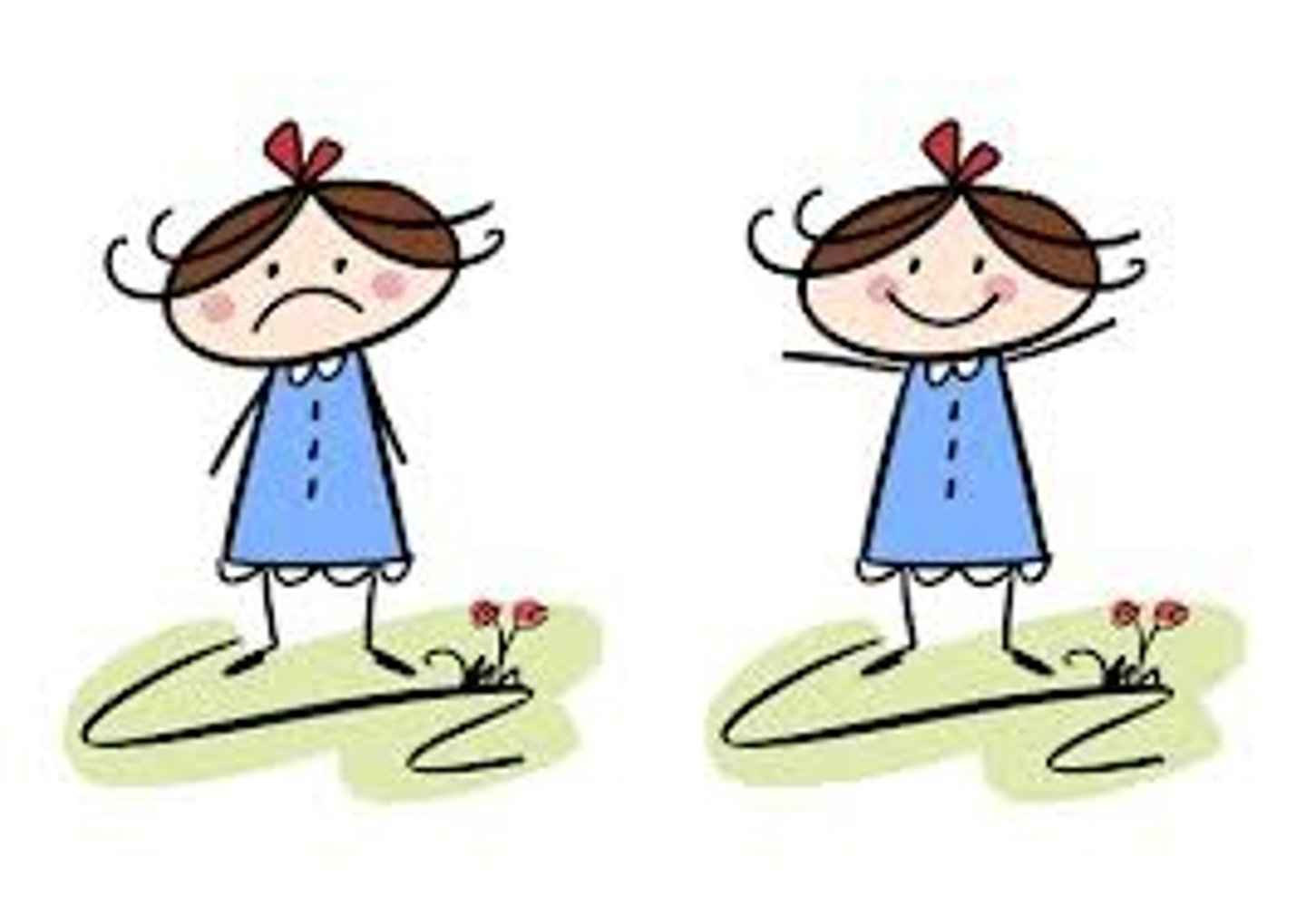Unit 5 (Part 3) Vocab Quizlet - 5.5
1/40
There's no tags or description
Looks like no tags are added yet.
Name | Mastery | Learn | Test | Matching | Spaced |
|---|
No study sessions yet.
41 Terms
Deinstitutionalization
the process, begun in the late twentieth century, of moving people with psychological disorders out of institutional facilities.
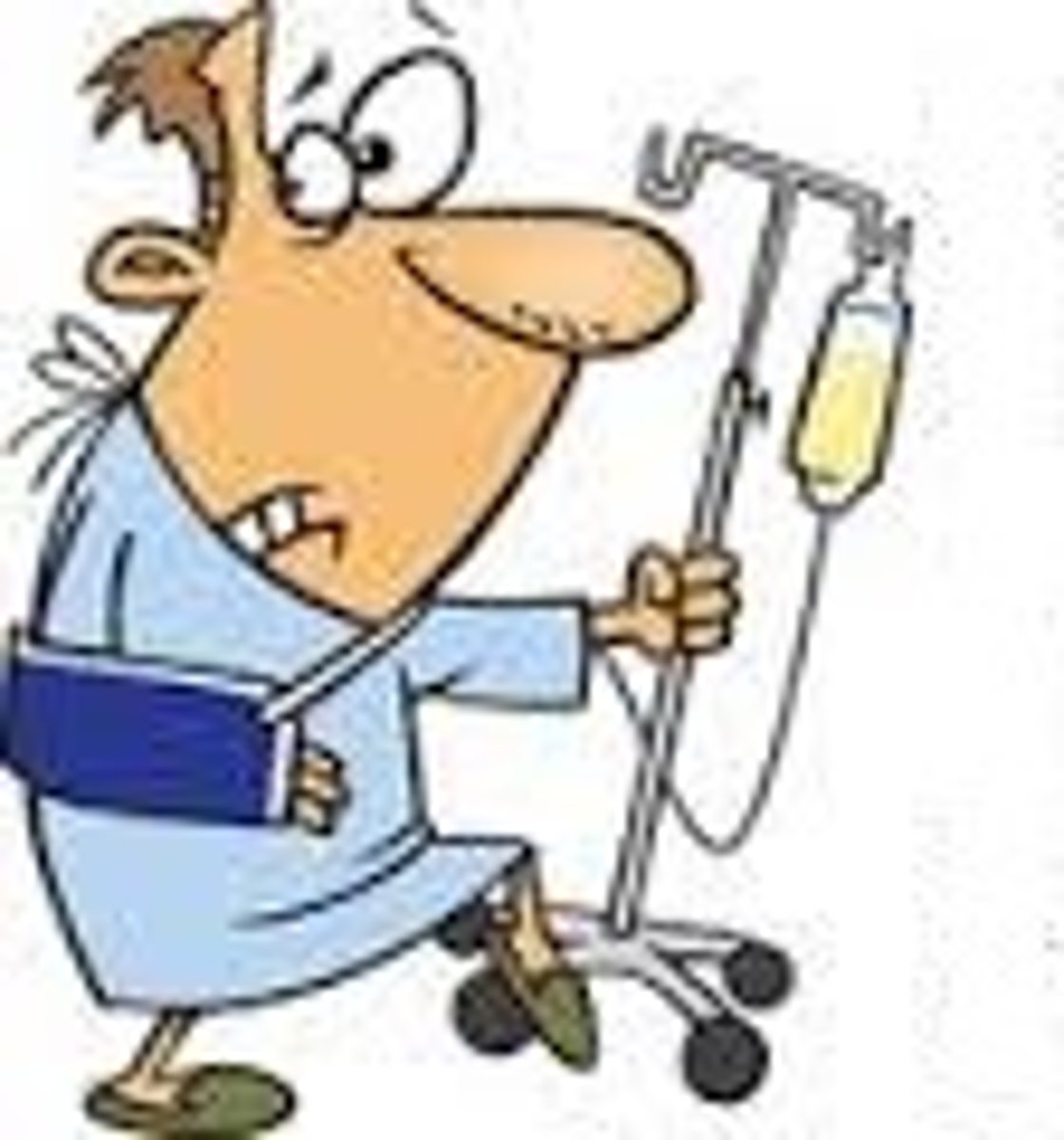
psychotherapy
treatment involving psychological techniques; consists of interactions between a trained therapist and someone seeking to overcome psychological difficulties or achieve personal growth
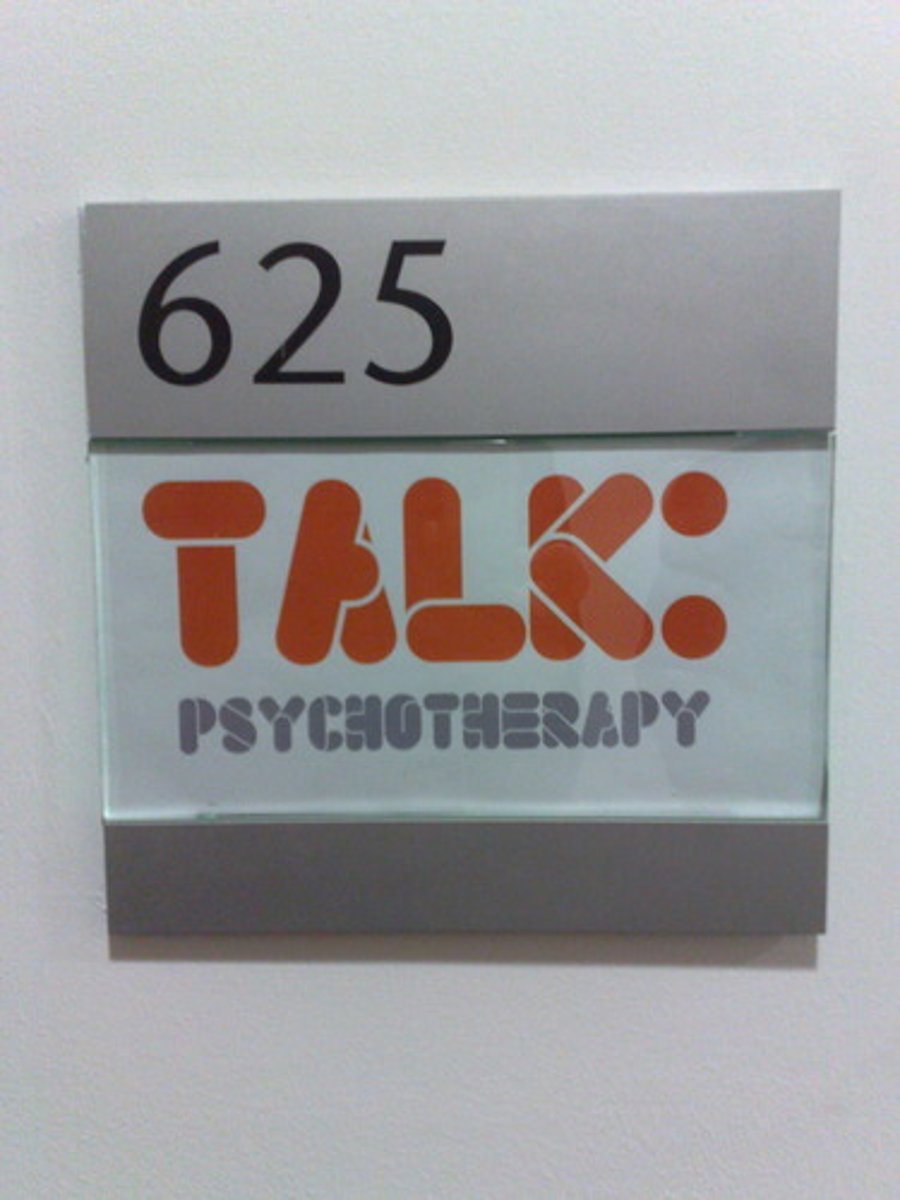
biomedical therapy
prescribed medications or procedures that act directly on the person's physiology

eclectic approach
an approach to psychotherapy that uses techniques from various forms of therapy
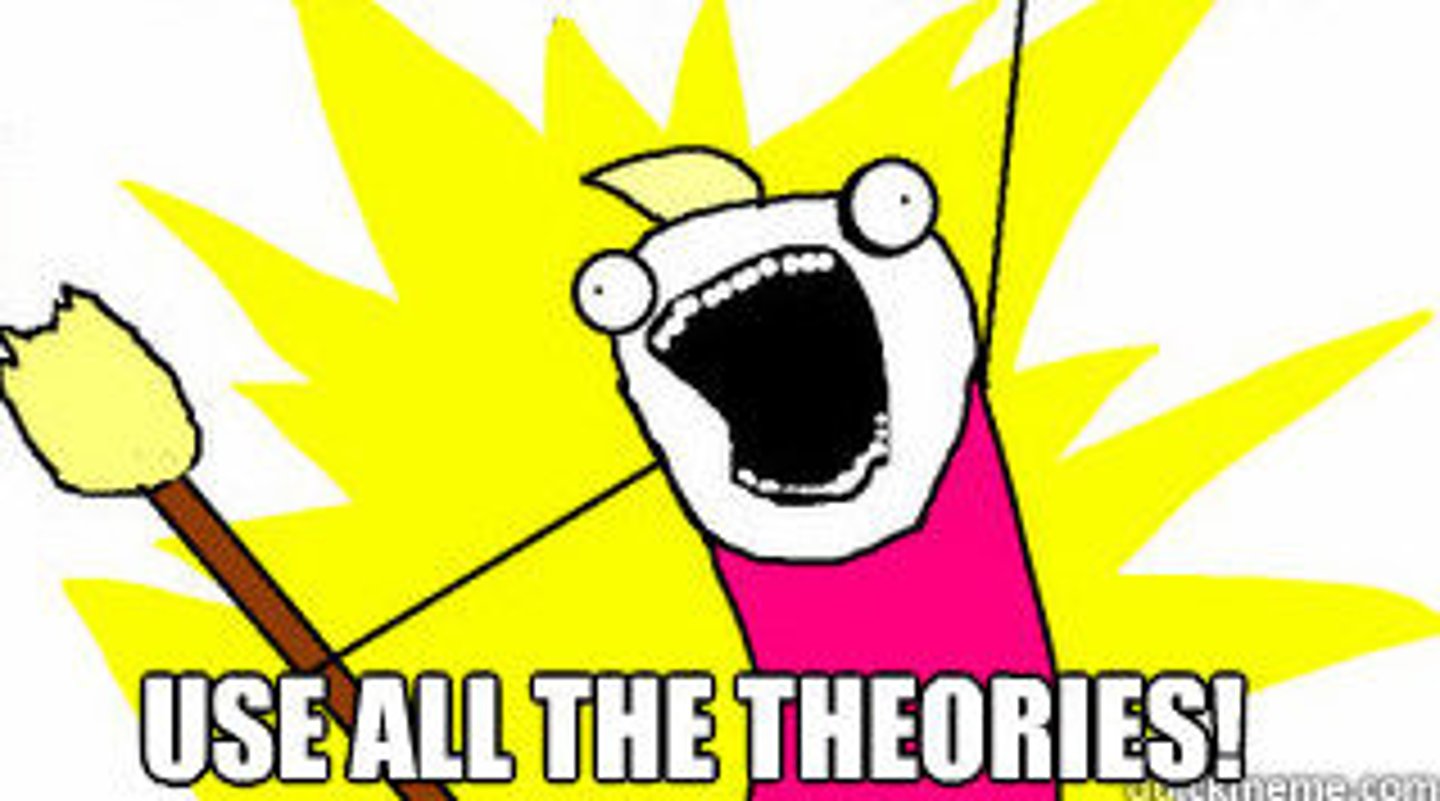
psychoanalysis
Sigmund Freud's therapeutic technique. Freud believed the patient's free associations, resistances, dreams, and transferences - and the therapist's interpretations of them - released previously repressed feelings, allowing the patient to gain self-insight.
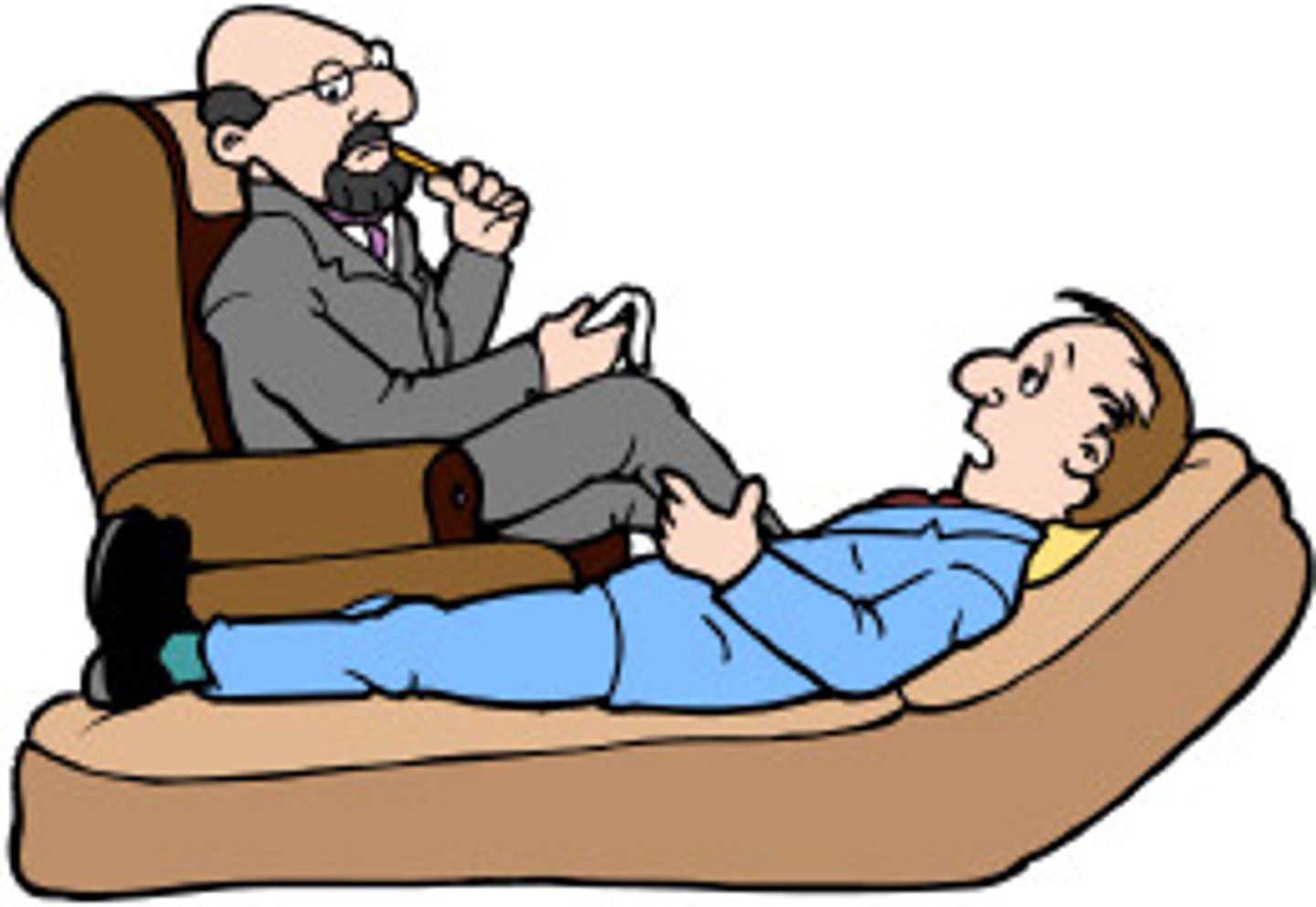
resistance
in psychoanalysis, the blocking from consciousness of anxiety-laden material
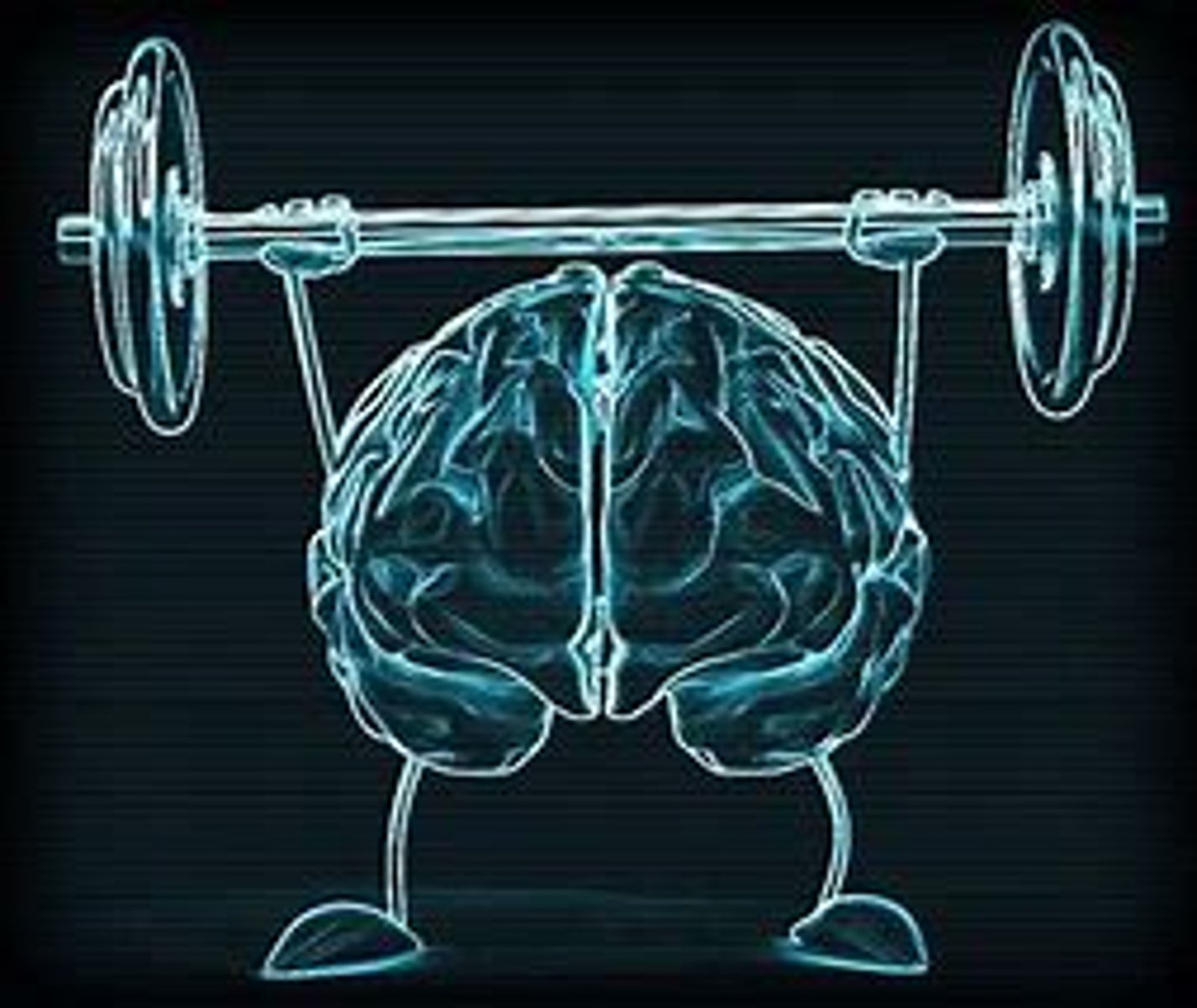
interpretation
in psychoanalysis, the analyst's noting supposed dream meanings, resistances, and other significant behaviors and events in order to promote insight
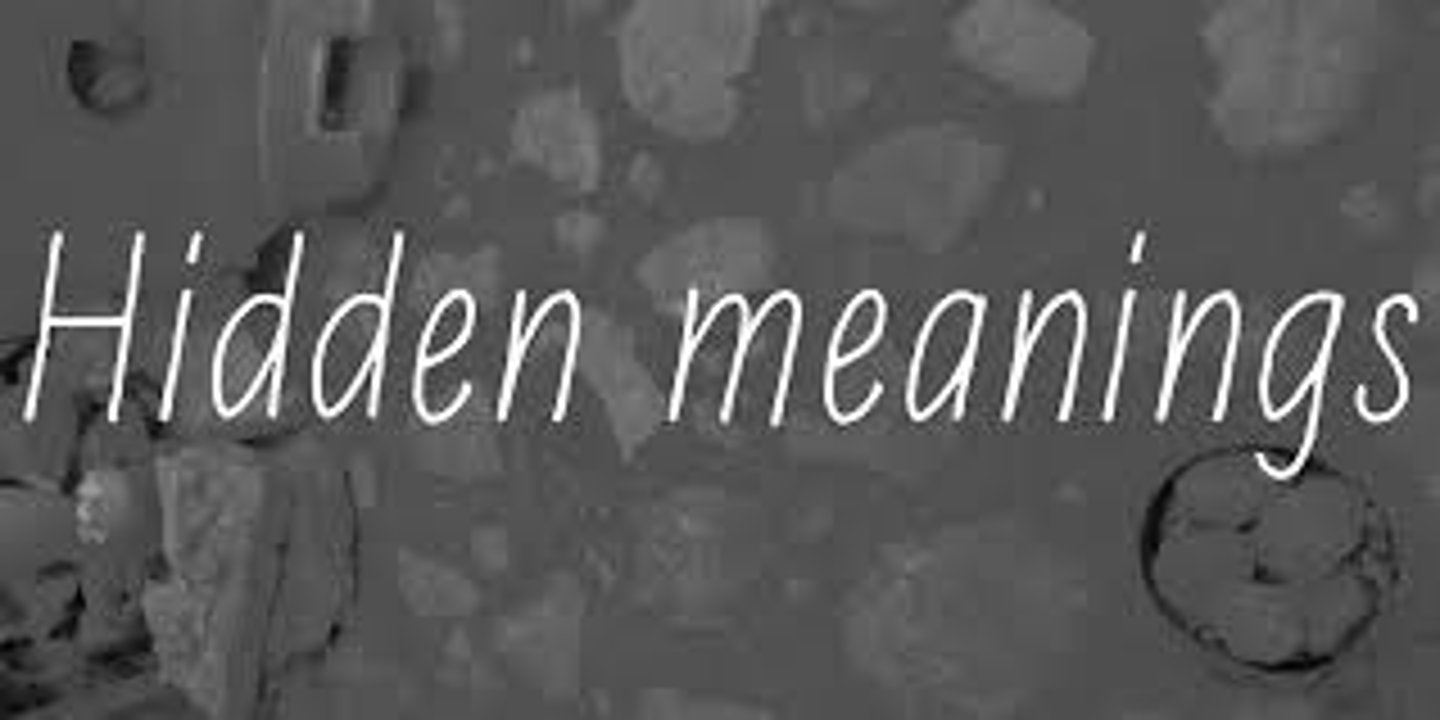
transference
in psychoanalysis, the patient's transfer to the analyst of emotions linked with other relationships (such as love or hatred for a parent)
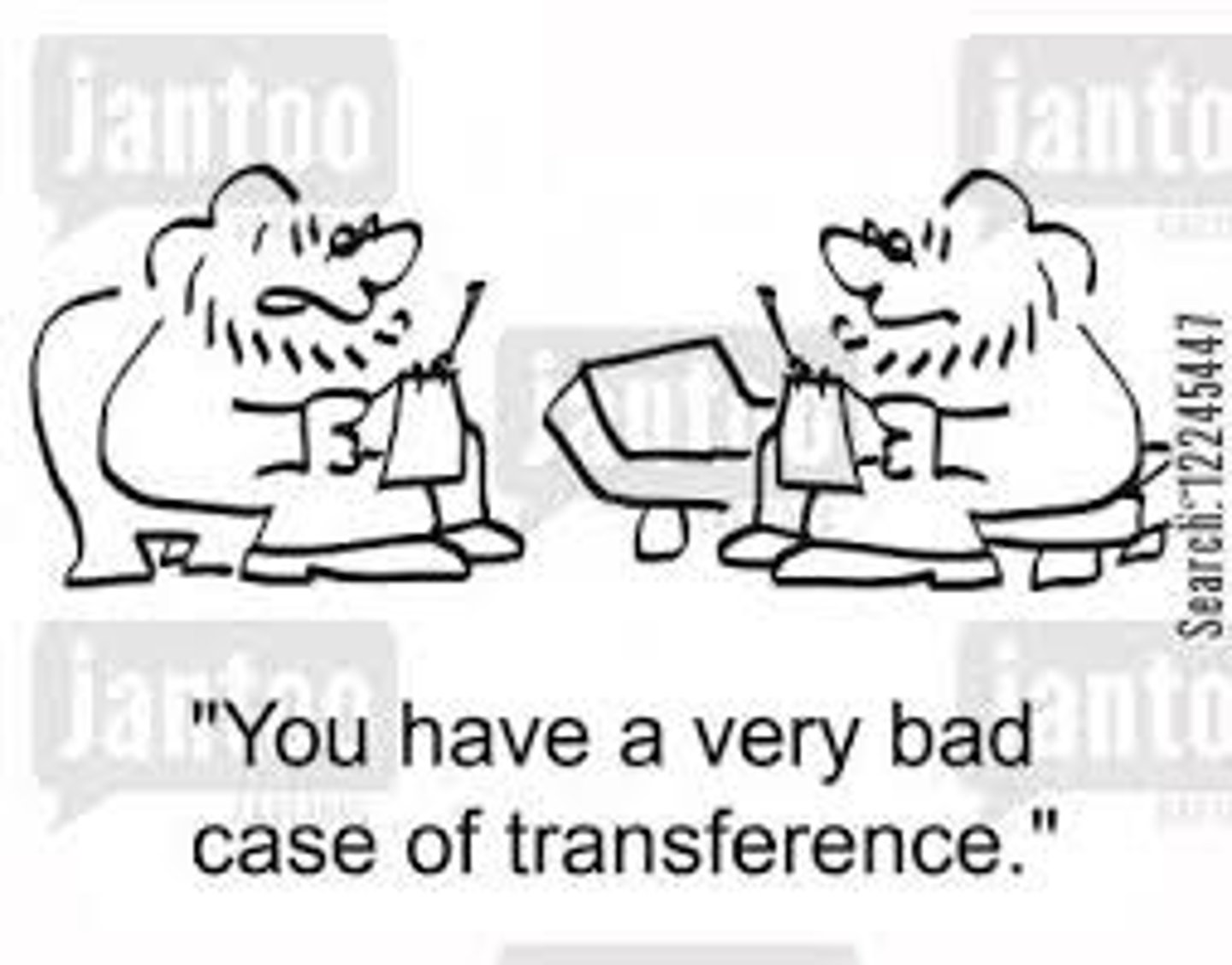
psychodynamic therapy
therapy deriving from the psychoanalytic tradition that views individuals as responding to unconscious forces and childhood experiences, and that seeks to enhance self-insight
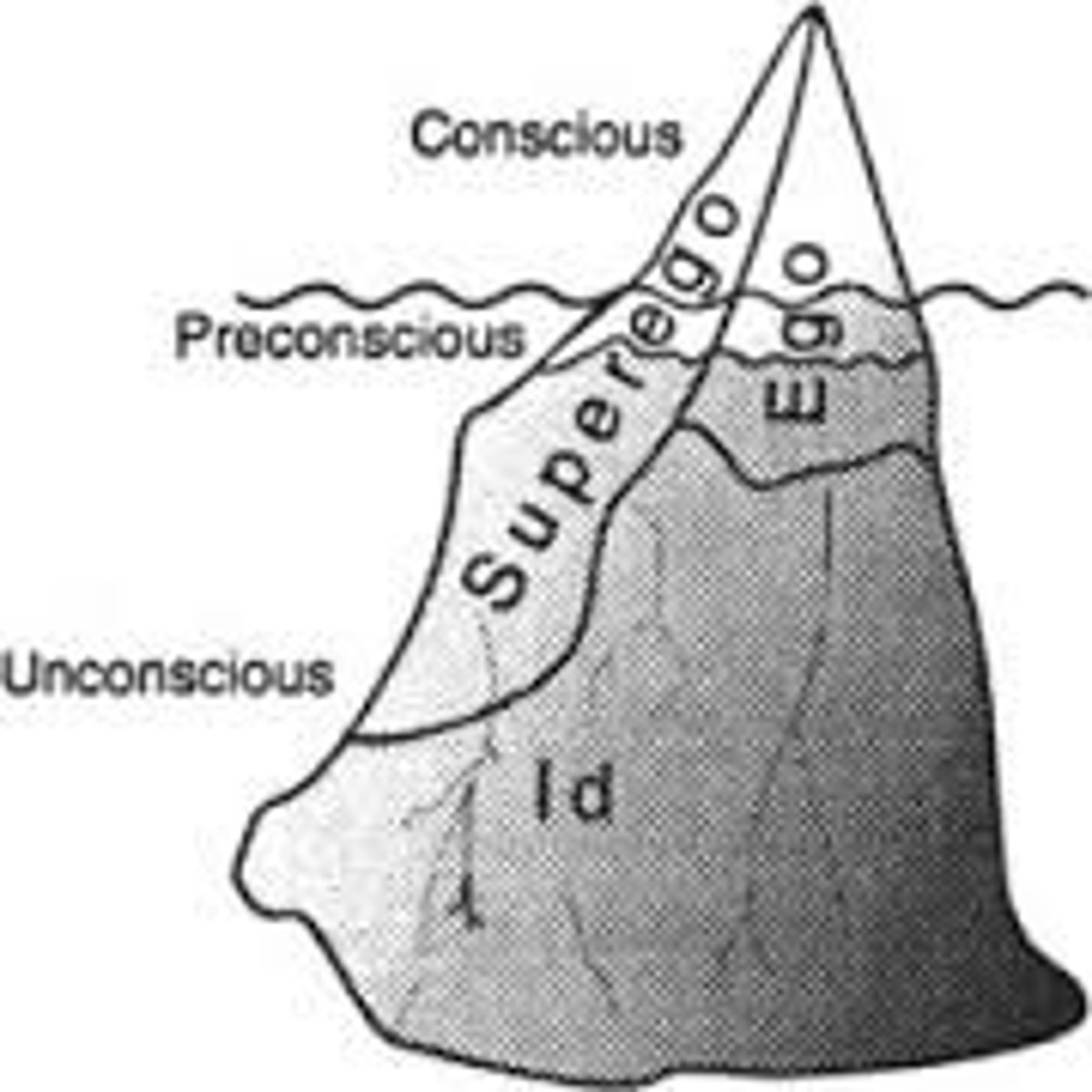
insight therapies
therapies that aim to improve psychological functioning by increasing a person's awareness of underlying motives and defenses
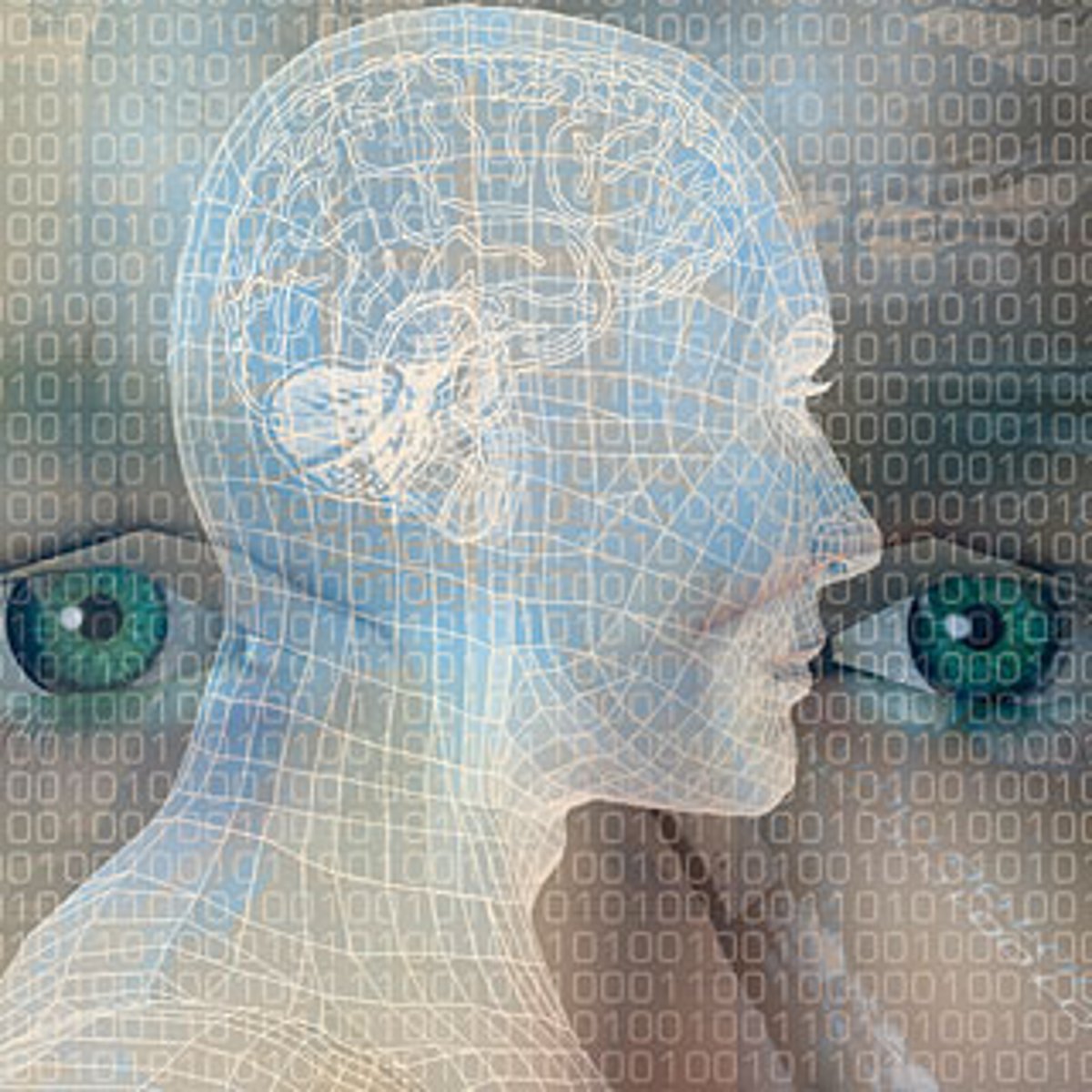
person-centered therapy
a humanistic therapy, developed by Carl Rogers, in which the therapist creates an accepting, empathic environment to facilitate the client's growth
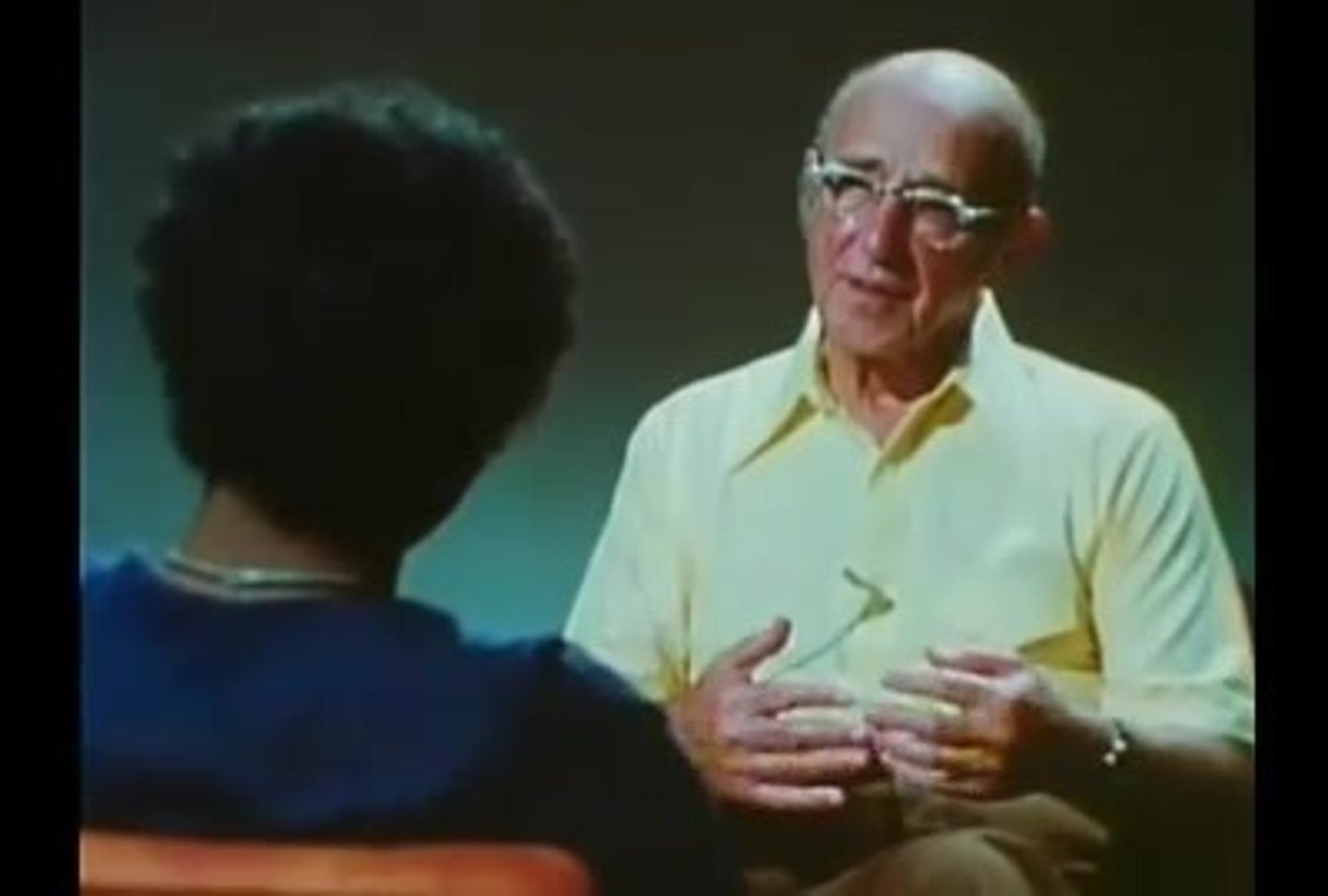
active listening
Empathic listening in which the listener echoes, restates, and clarifies. A feature of Rogers' client-centered therapy.

unconditional positive regard
a caring, accepting, nonjudgmental attitude, which Carl Rogers believed would help clients to develop self-awareness and self-acceptance
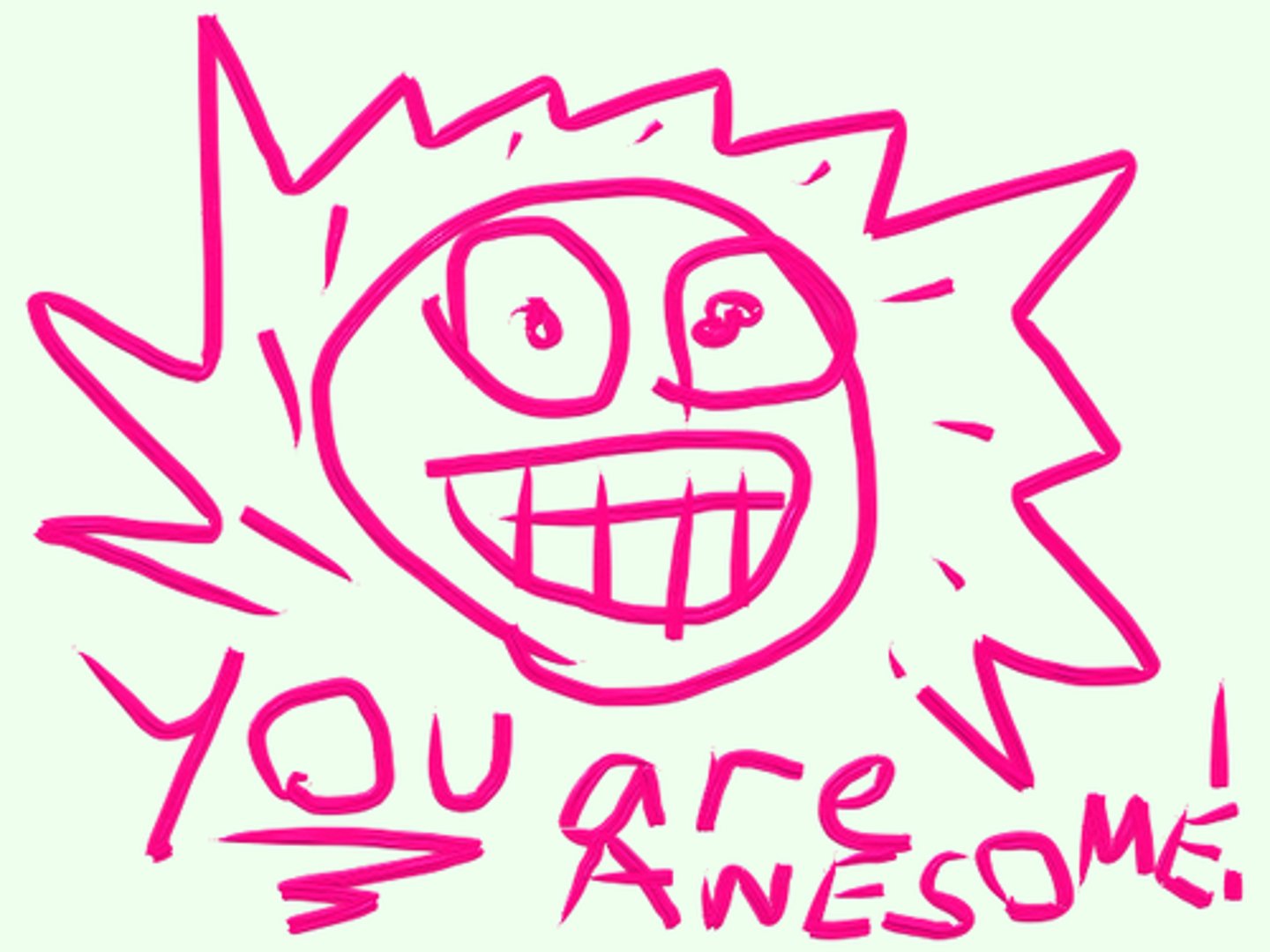
behavior therapy
therapy that applies learning principles to the elimination of unwanted behaviors
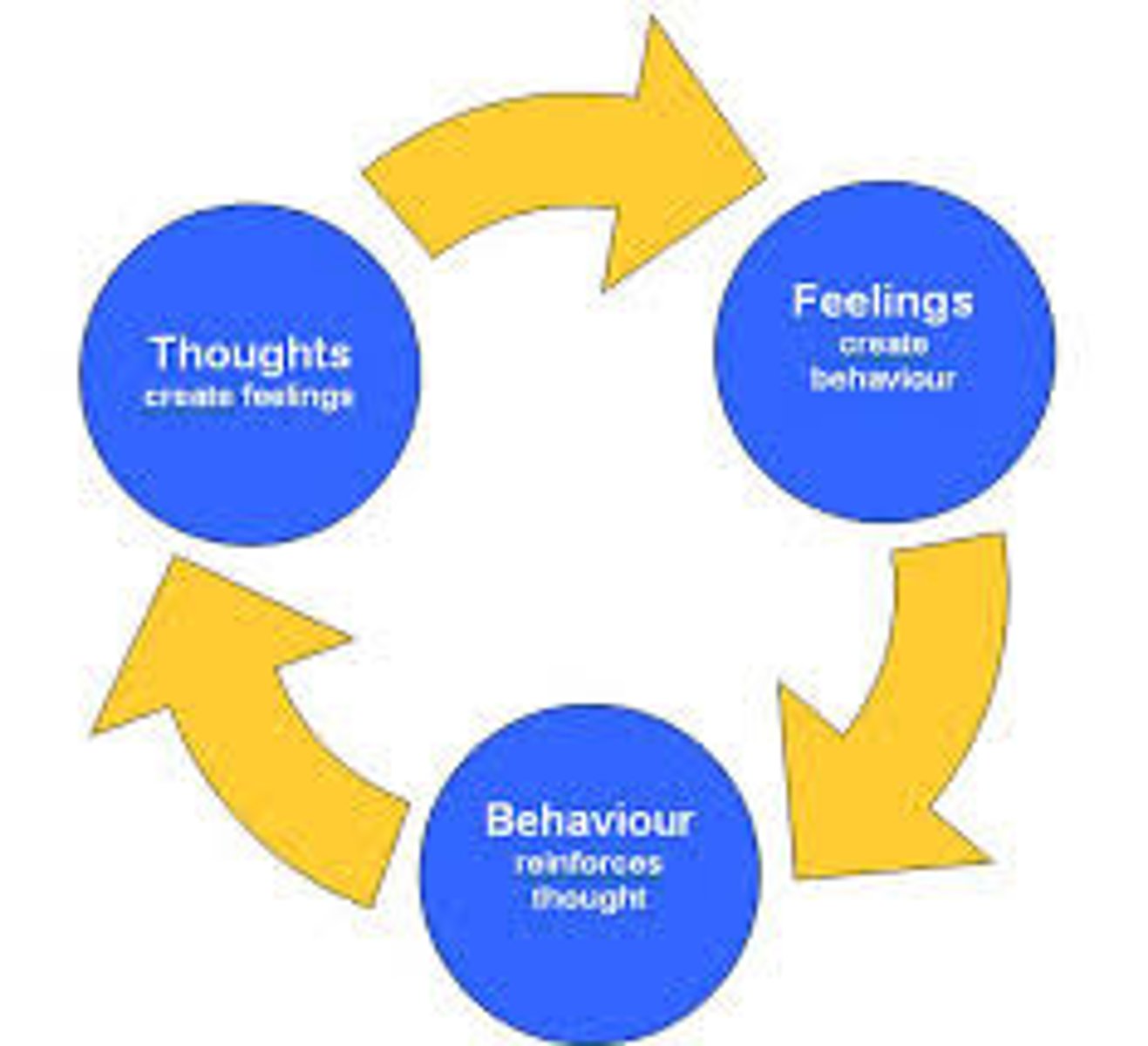
counterconditioning
a behavior therapy procedure that uses classical conditioning to evoke new responses to stimuli that are triggering unwanted behaviors; includes exposure therapies and aversive conditioning
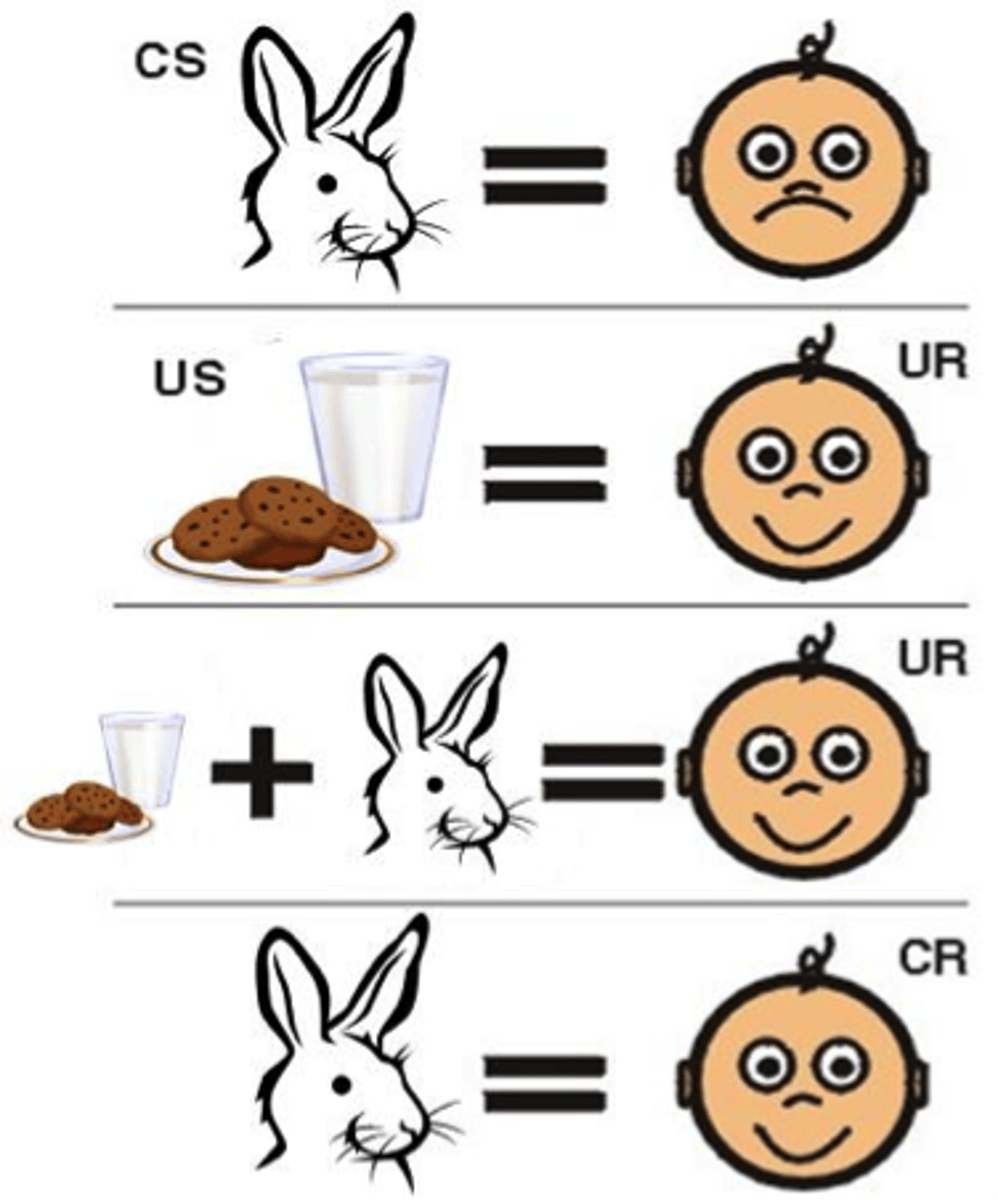
exposure therapies
behavioral techniques, such as systematic desensitization, that treat anxieties by exposing people (in imagination or actuality) to the things they fear and avoid

systematic desensitization
A type of exposure therapy that associates a pleasant relaxed state with gradually increasing anxiety-triggering stimuli. Commonly used to treat phobias.
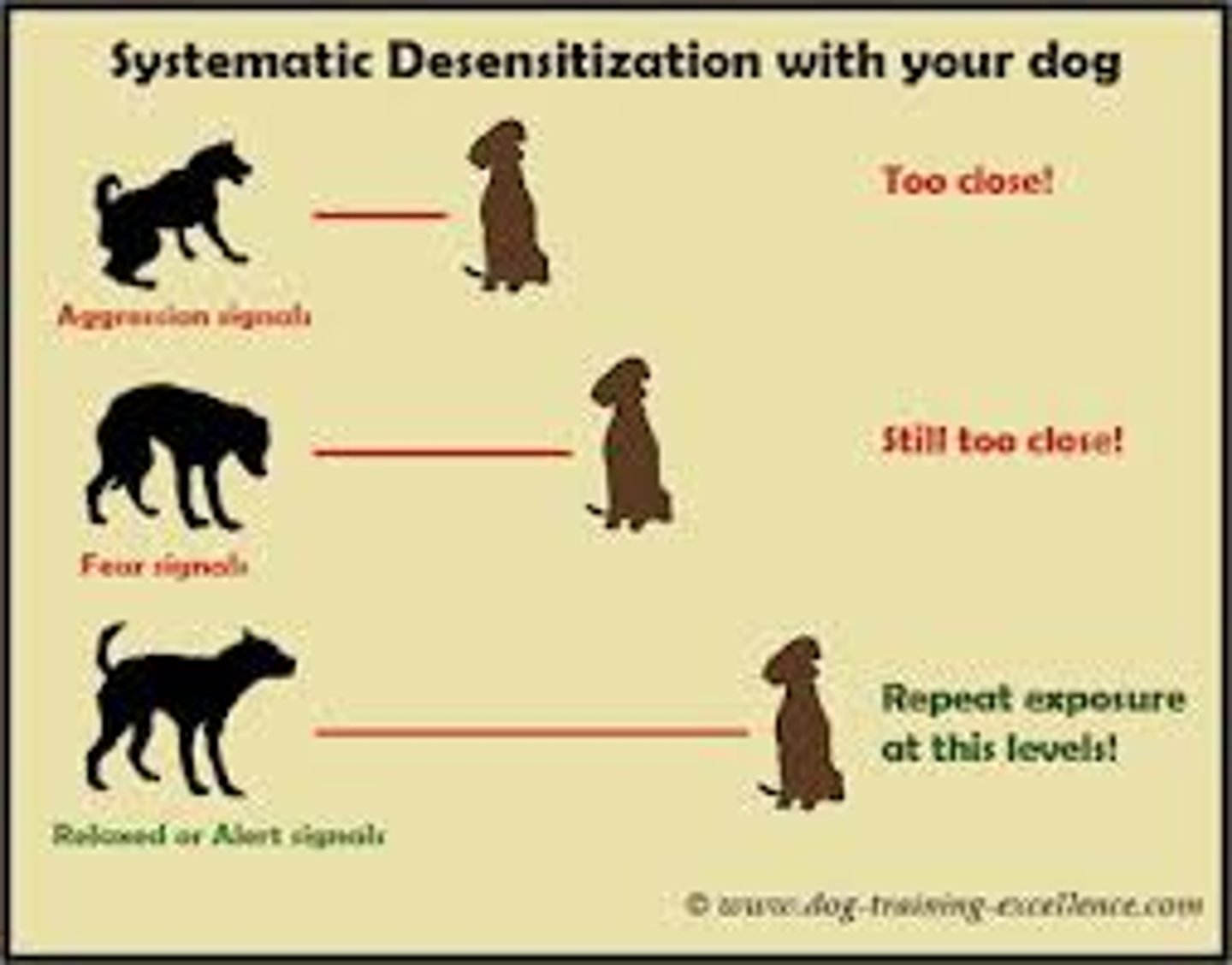
virtual reality exposure therapy
a counterconditioning technique that treats anxiety by creative electronic simulations in which people can safely face their greatest fears, such as airplane flying, spiders, or public speaking

aversive conditioning
associates an unpleasant state (such as nausea) with an unwanted behavior (such as drinking alcohol)
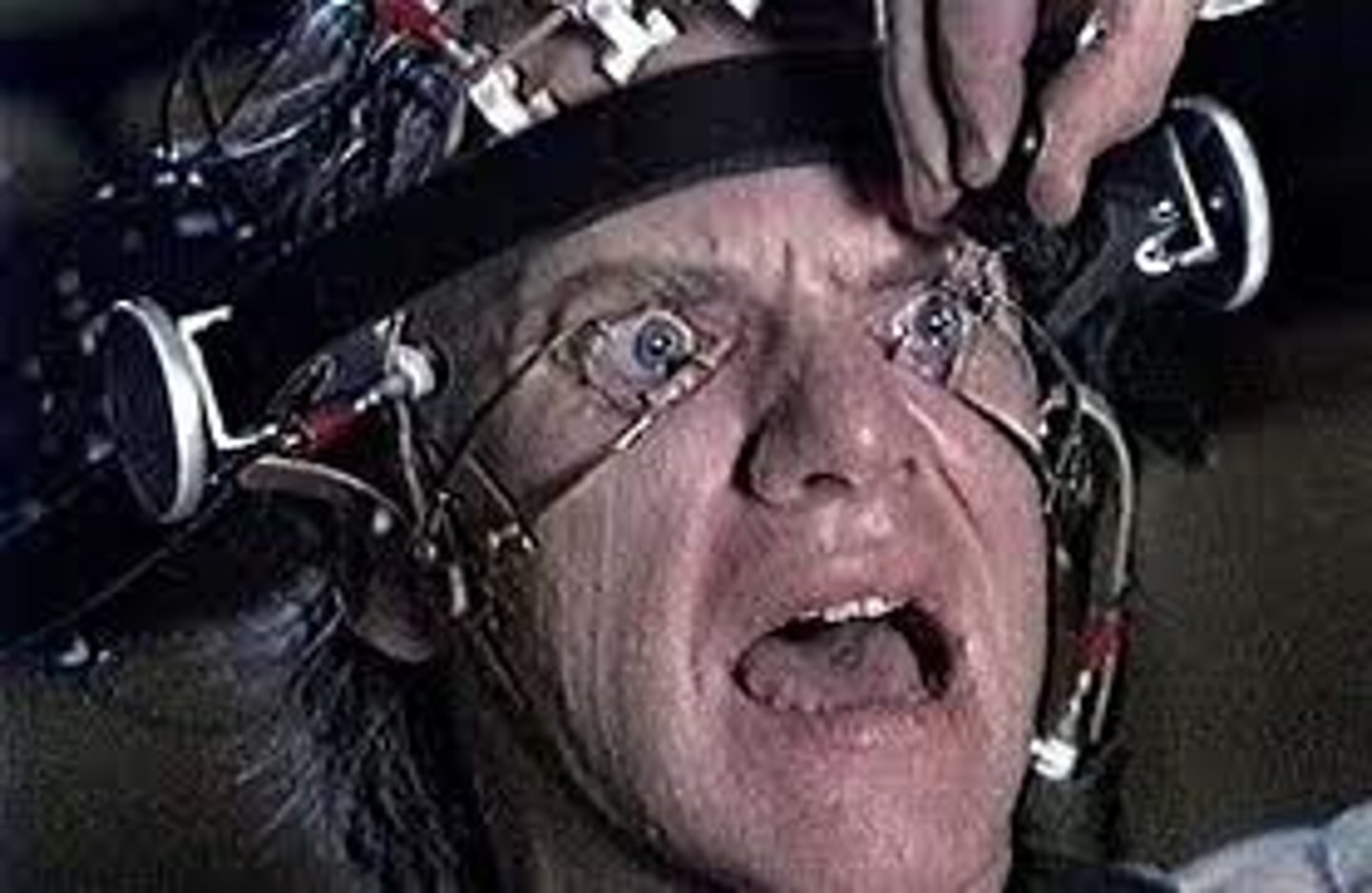
token economy
an operant conditioning procedure in which people earn a token of some sort for exhibiting a desired behavior and can later exchange the tokens for various privileges or treats

cognitive therapy
therapy that teaches people new, more adaptive ways of thinking and acting; based on the assumption that thoughts intervene between events and our emotional reactions
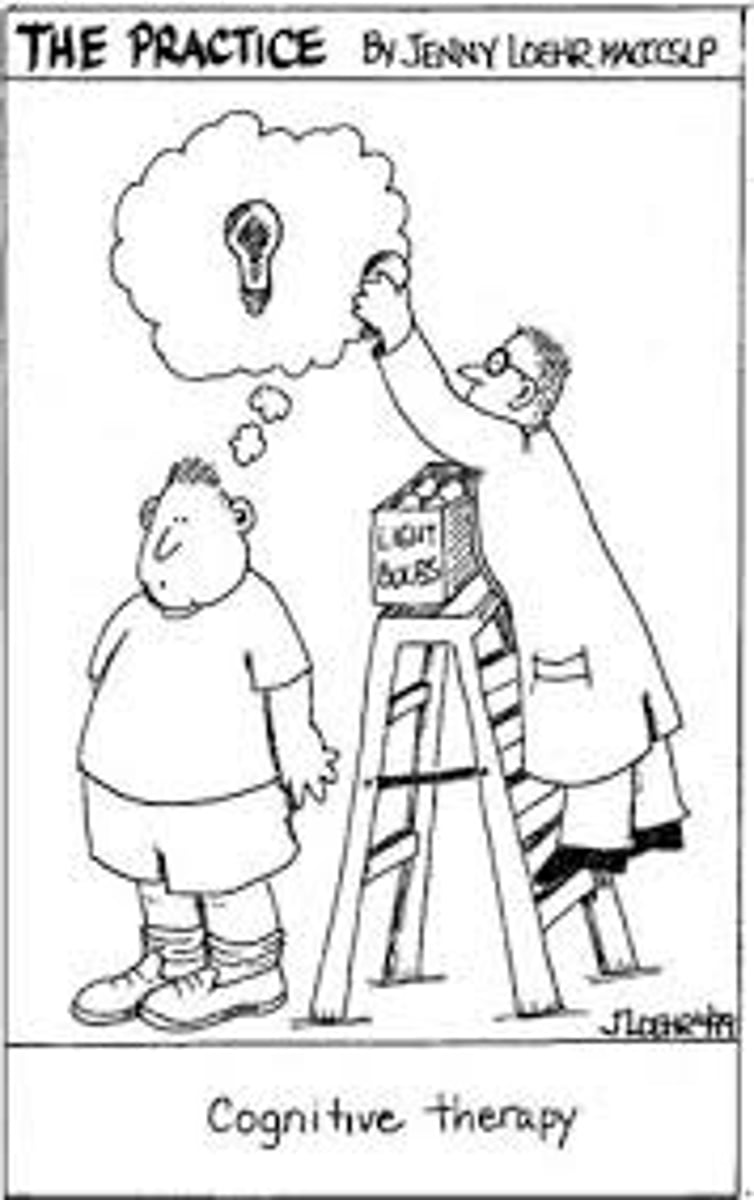
rational-emotive behavior therapy (REBT)
a confrontational cognitive therapy, developed by Albert Ellis, that vigorously challenges people's illogical, self-defeating attitudes and assumptions
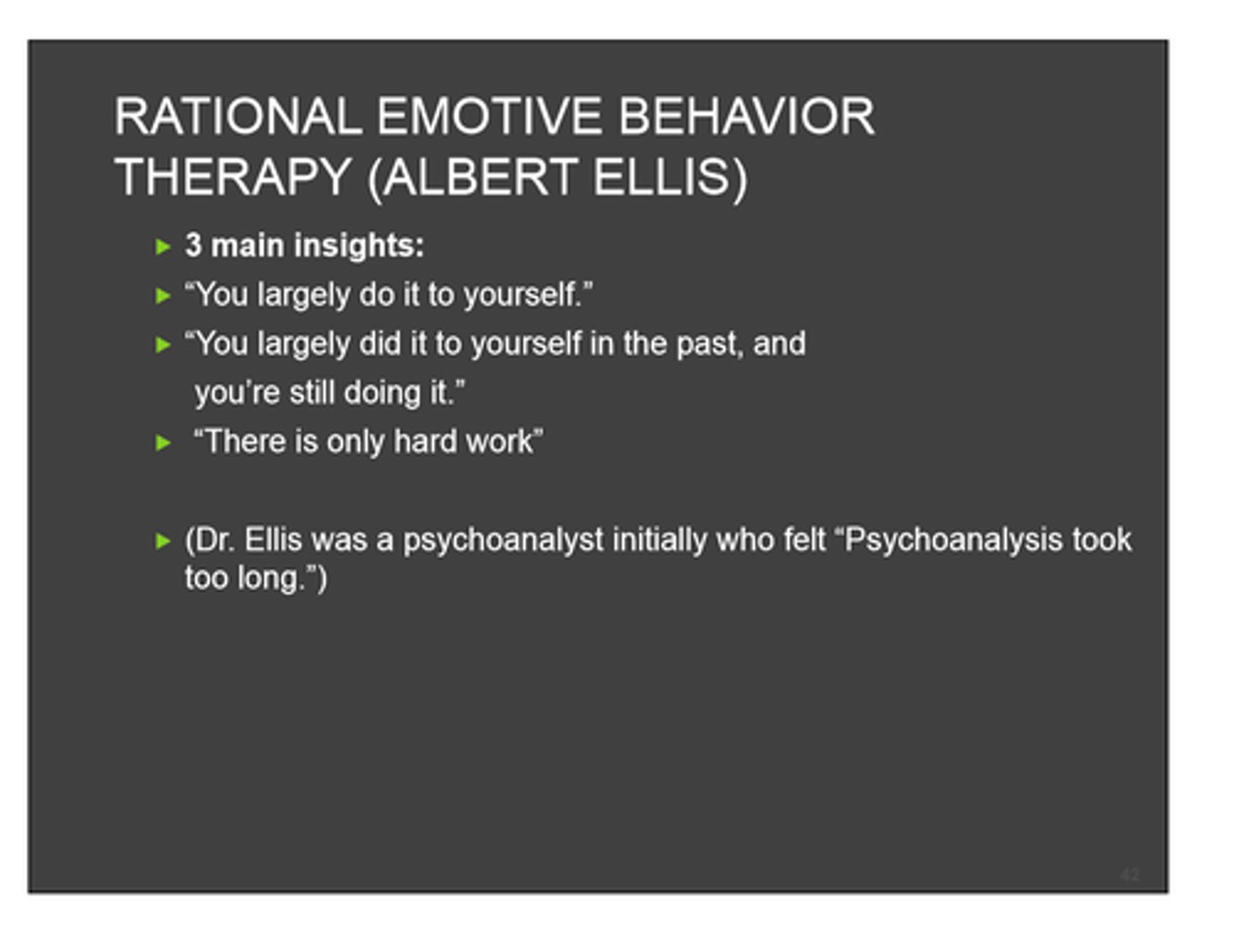
cognitive-behavioral therapy (CBT)
a popular integrative therapy that combines cognitive therapy (changing self-defeating thinking) with behavior therapy (changing behavior)
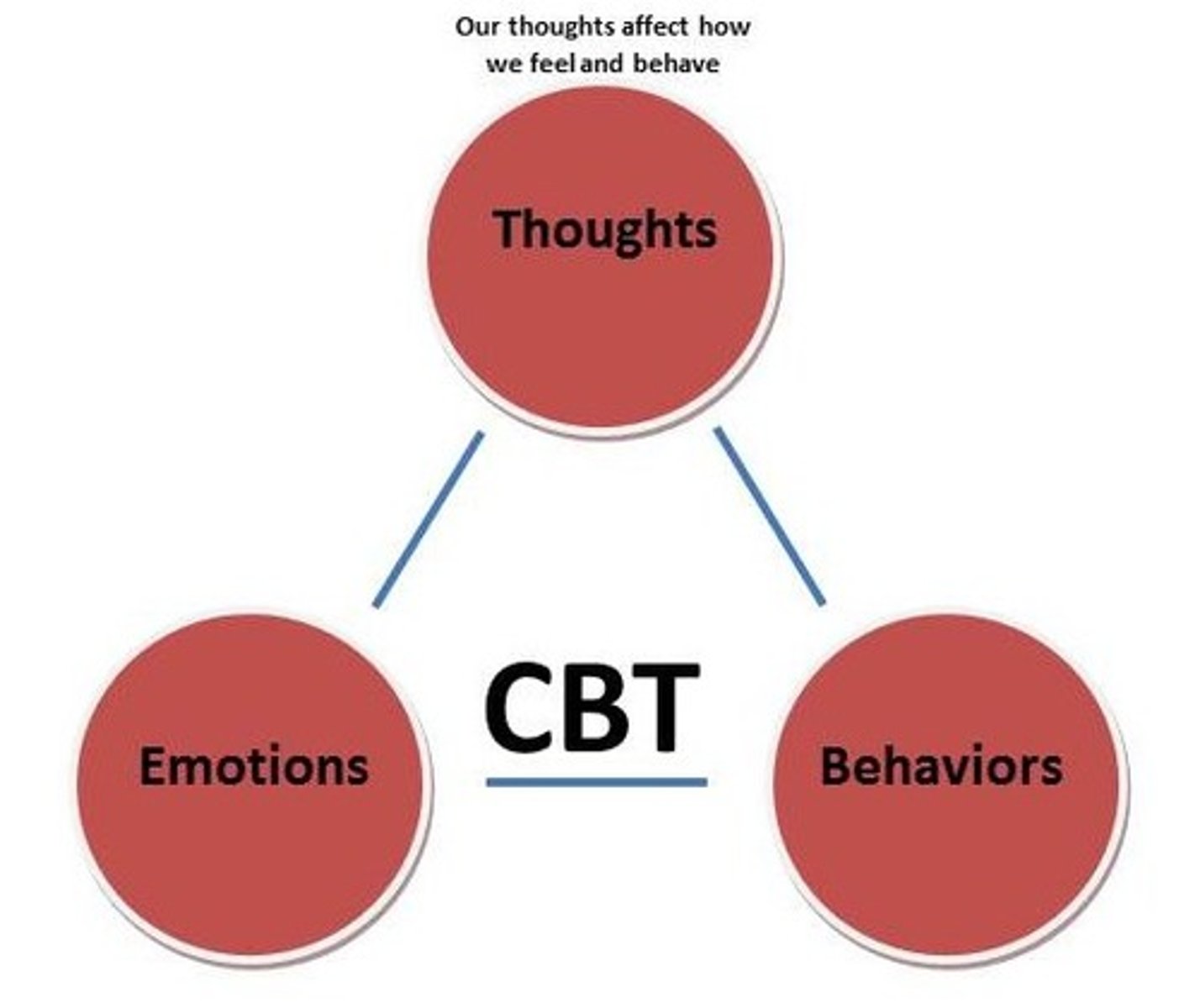
group therapy
therapy conducted with groups rather than individuals, permitting therapeutic benefits from group interaction

family therapy
therapy that treats people in the context of their family system. Views an individual's unwanted behaviors as influenced by, or directed at, other family members
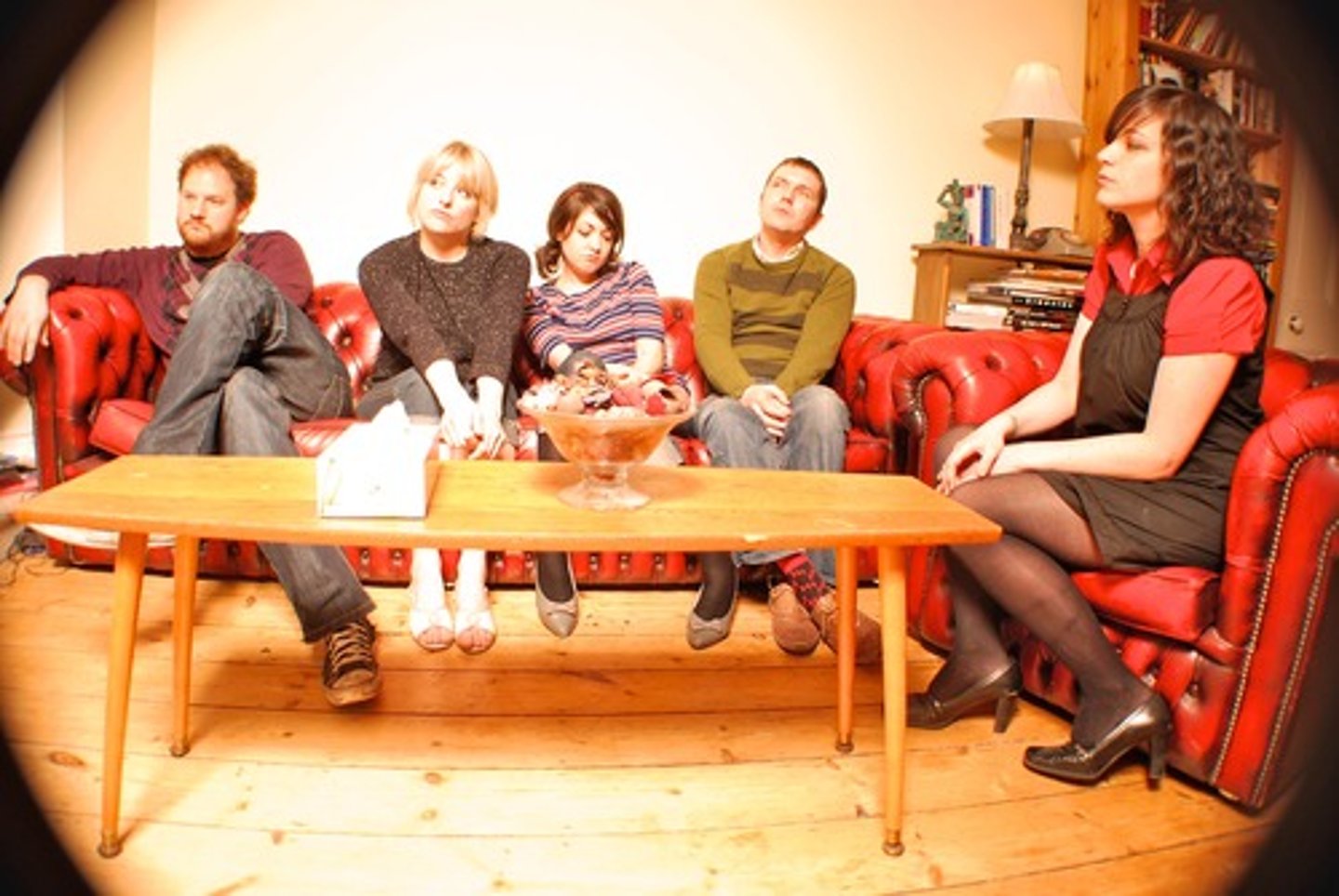
confirmation bias
a tendency to search for information that supports our preconceptions and to ignore or distort contradictory evidence
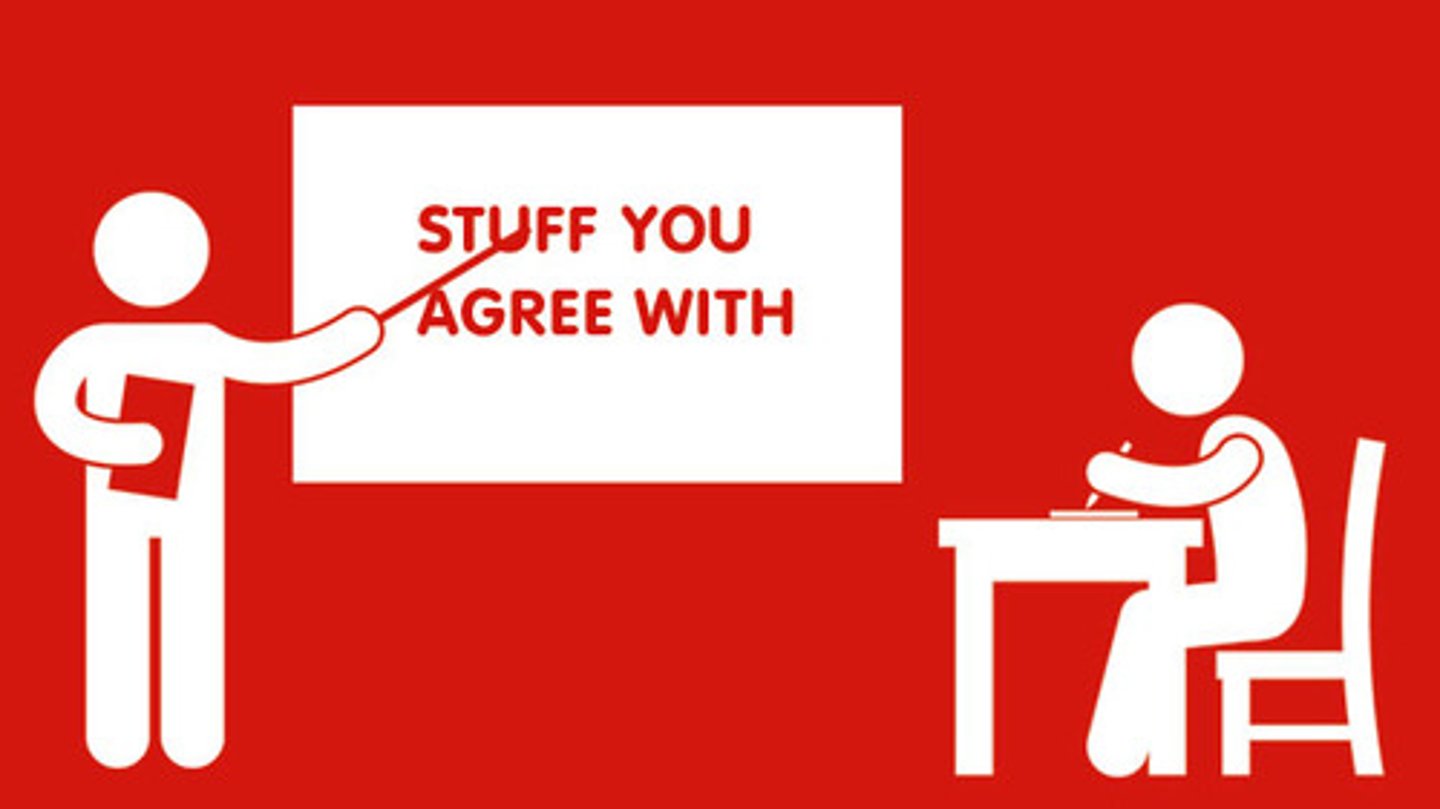
meta-analysis
a statistical procedure for analyzing the results of multiple studies to reach an overall conclusion
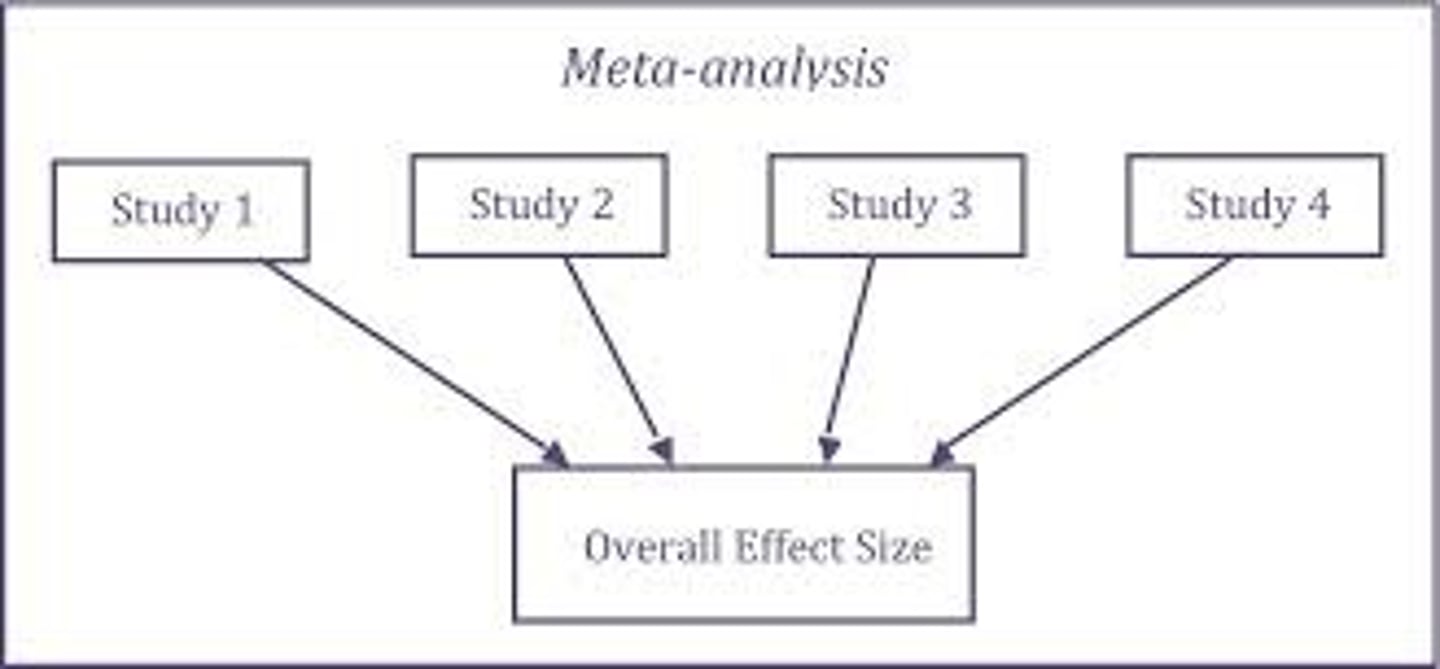
evidence-based practice
clinical decision making that integrates the best available research with clinical expertise and patient characteristics and preferences
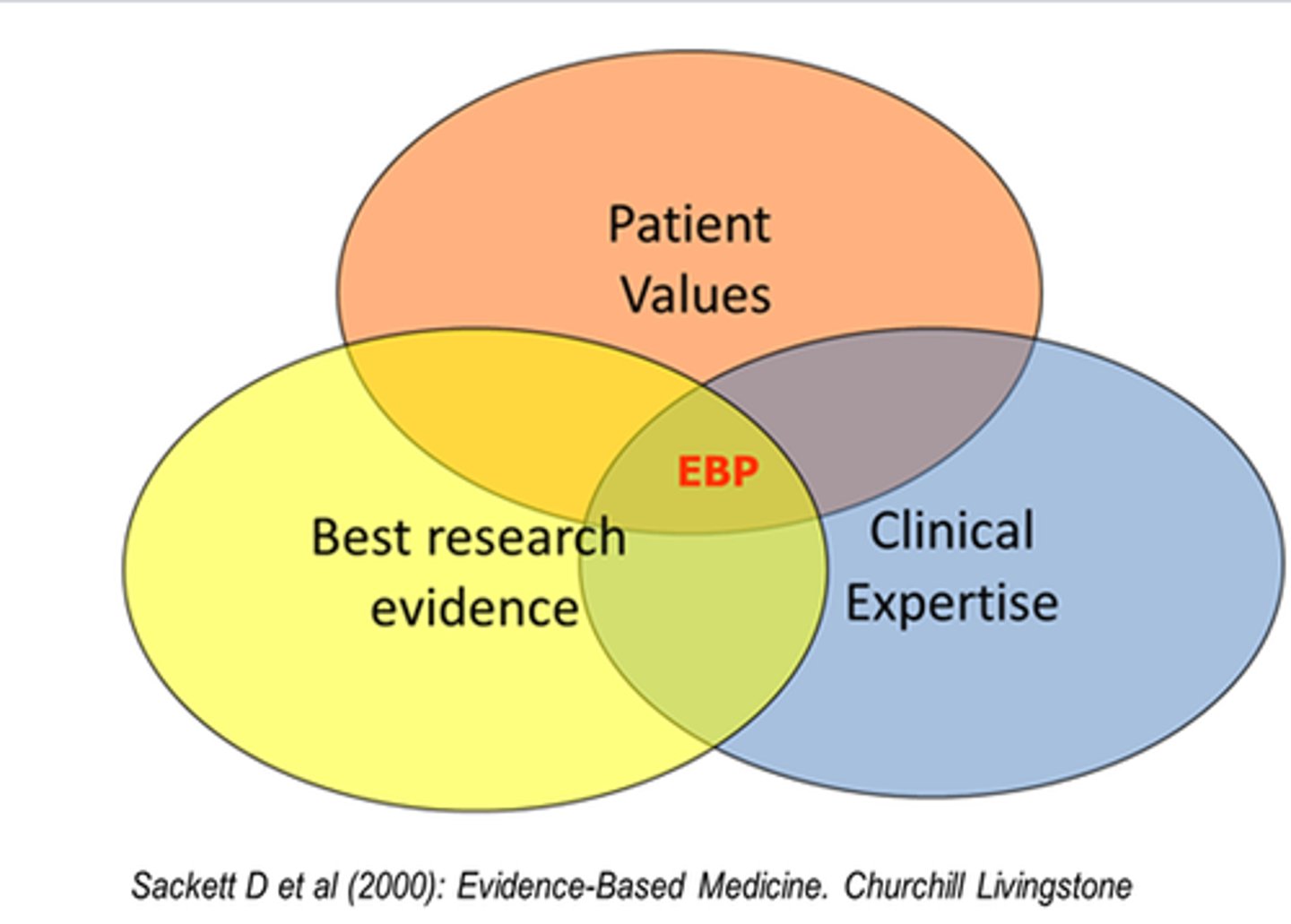
therapeutic alliance
a bond of trust and mutual understanding between a therapist and client, who work together constructively to overcome the client's problem
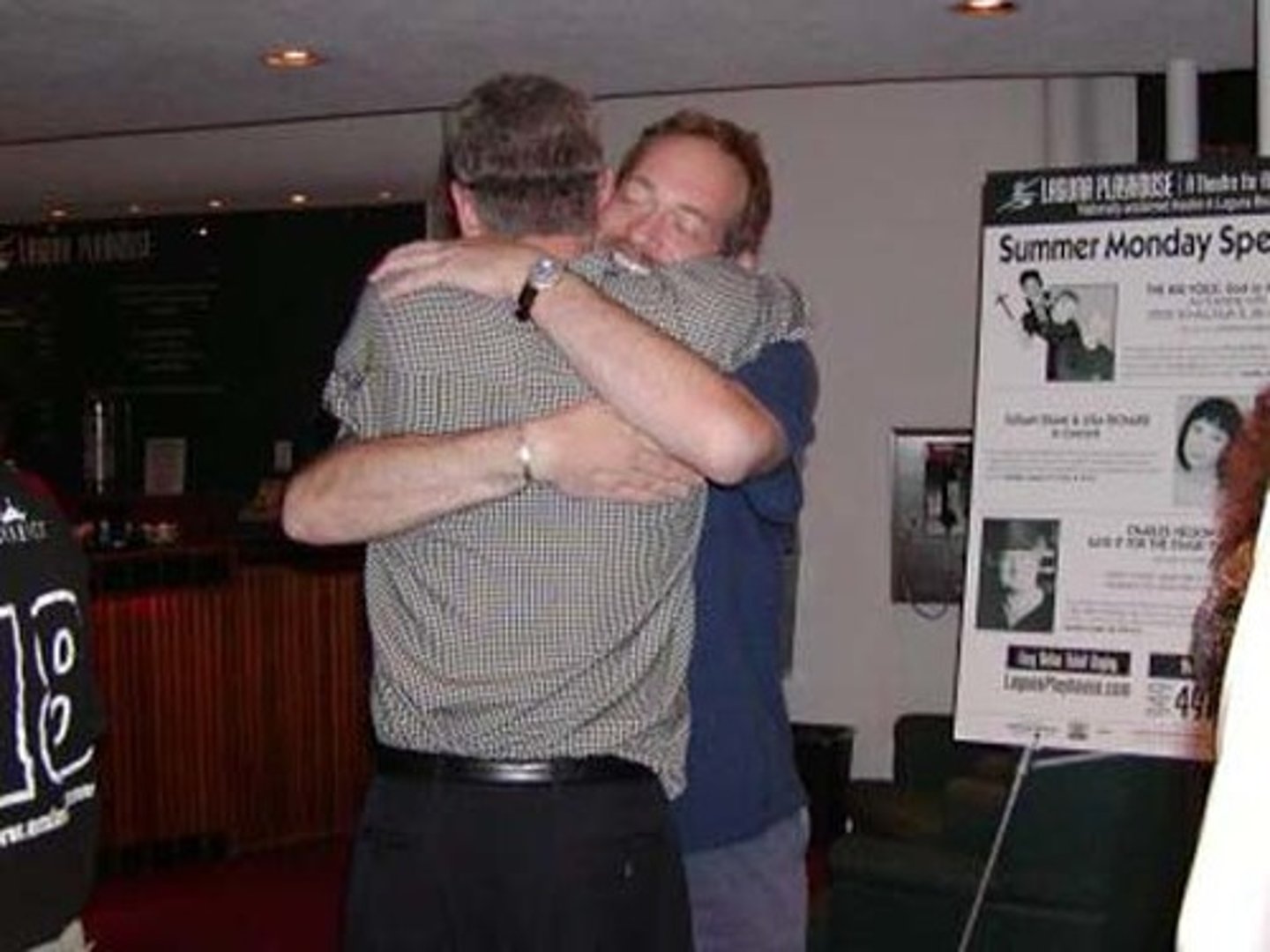
psychopharmacology
the study of the effects of drugs on mind and behavior
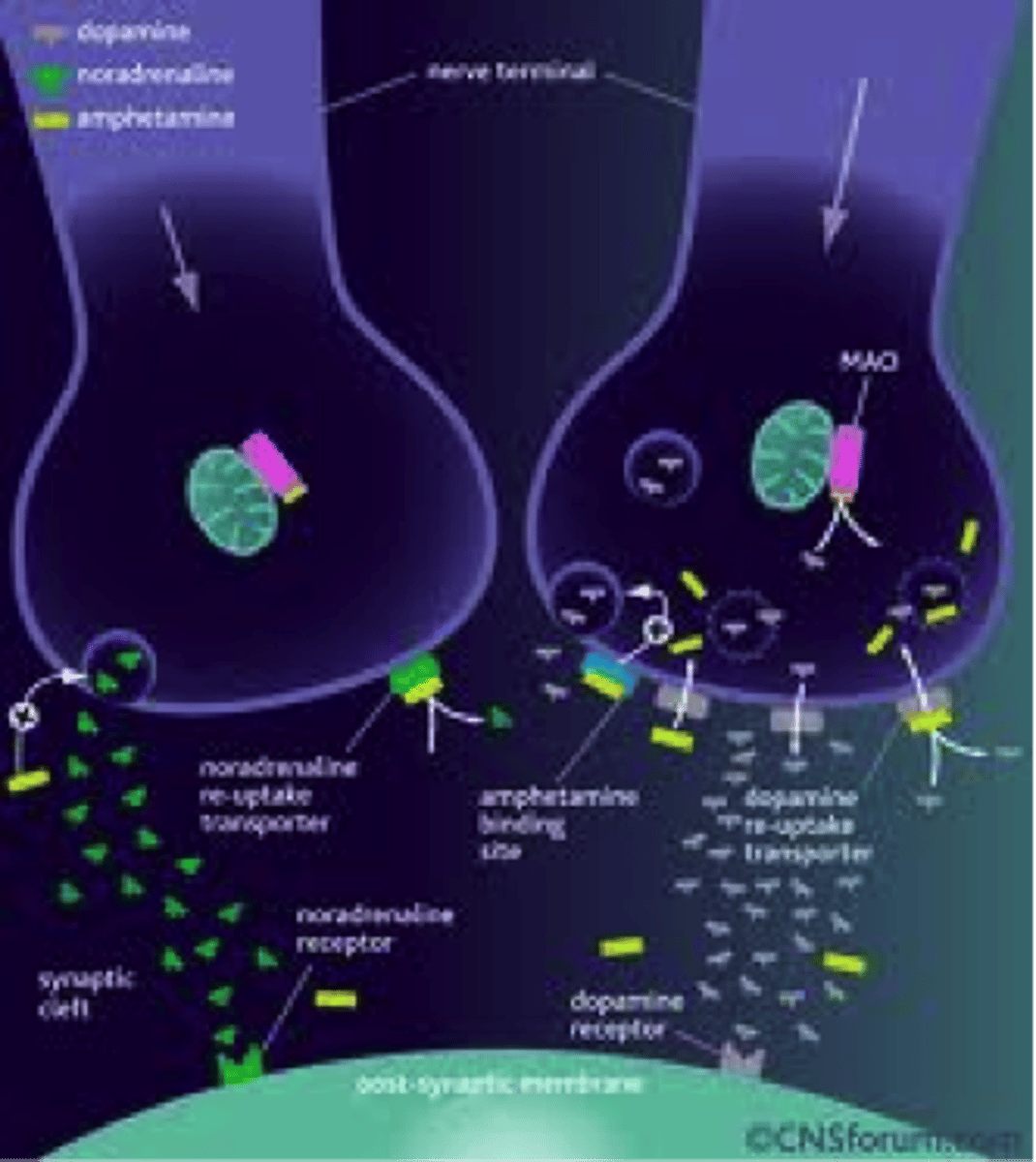
antipsychotic drugs
drugs used to treat schizophrenia and other forms of severe thought disorder
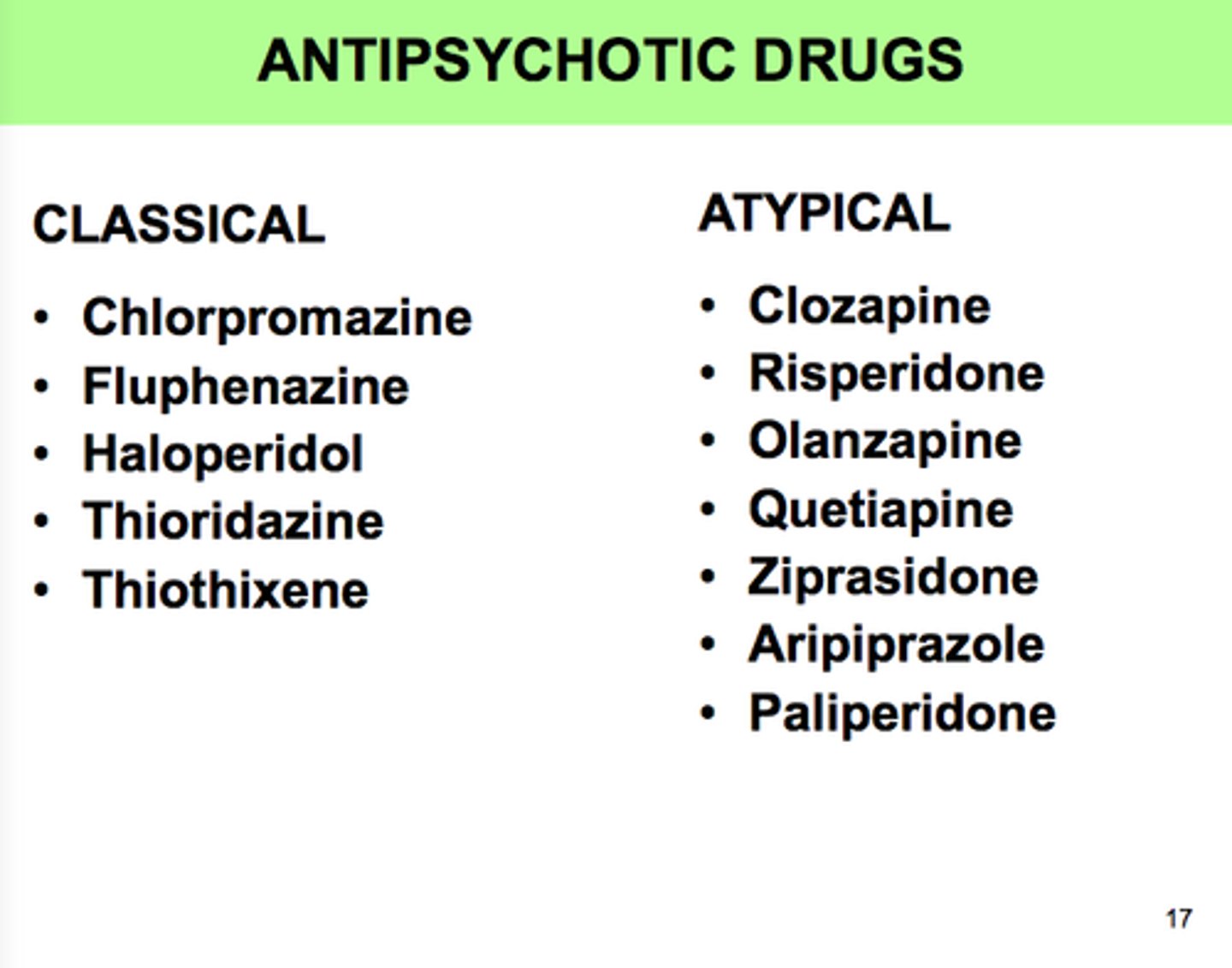
antianxiety drugs
drugs used to control anxiety and agitation
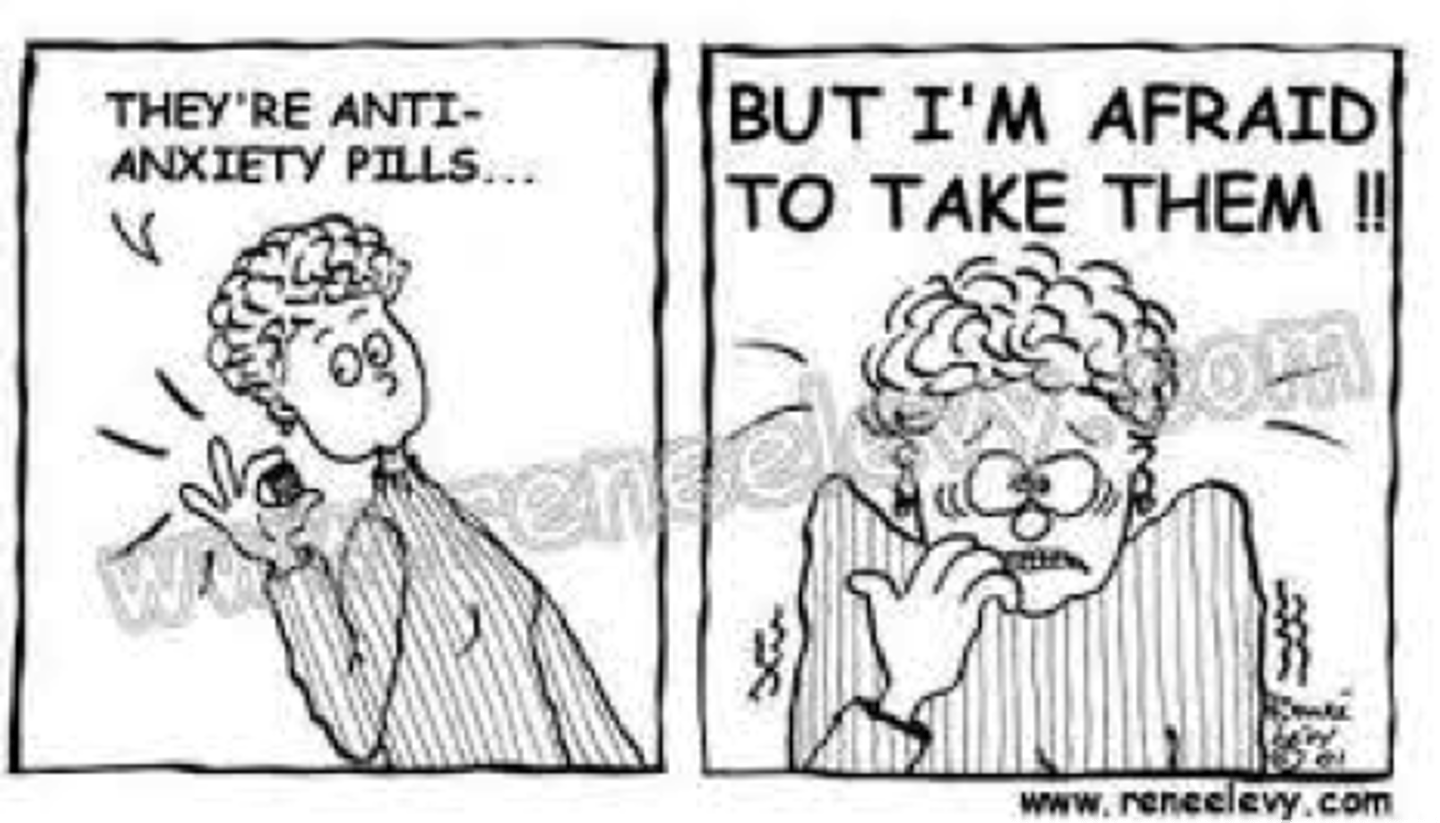
antidepressant drugs
drugs used to treat depression; also increasingly prescribed for anxiety. Different types work by altering the availability of various neurotransmitters
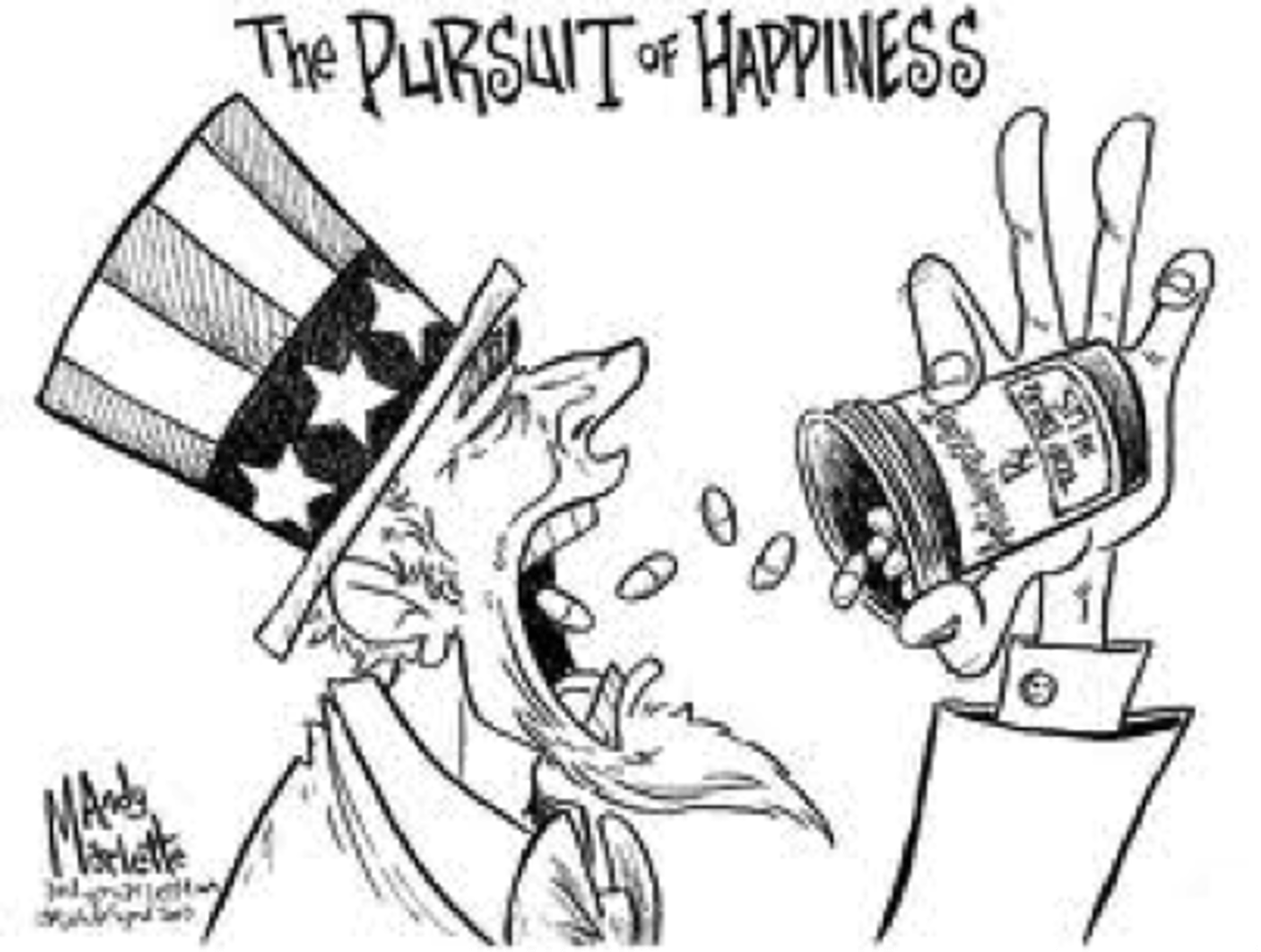
electroconvulsive therapy (ECT)
a biomedical therapy for severely depressed patients in which a brief electric current is sent through the brain of an anesthetized patient
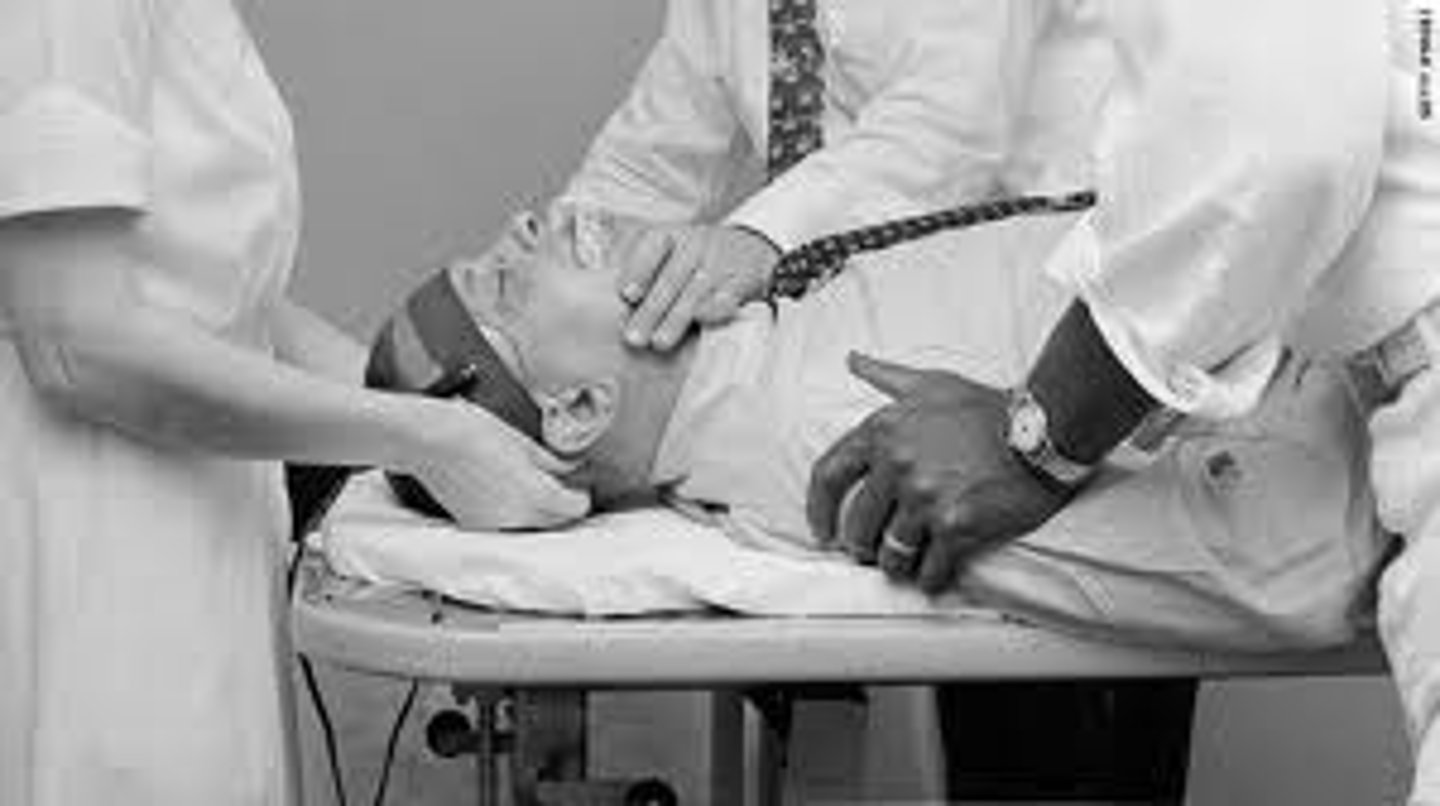
transcranial magnetic stimulation
the application of repeated pulses of magnetic energy to the brain; used to stimulate or suppress brain activity
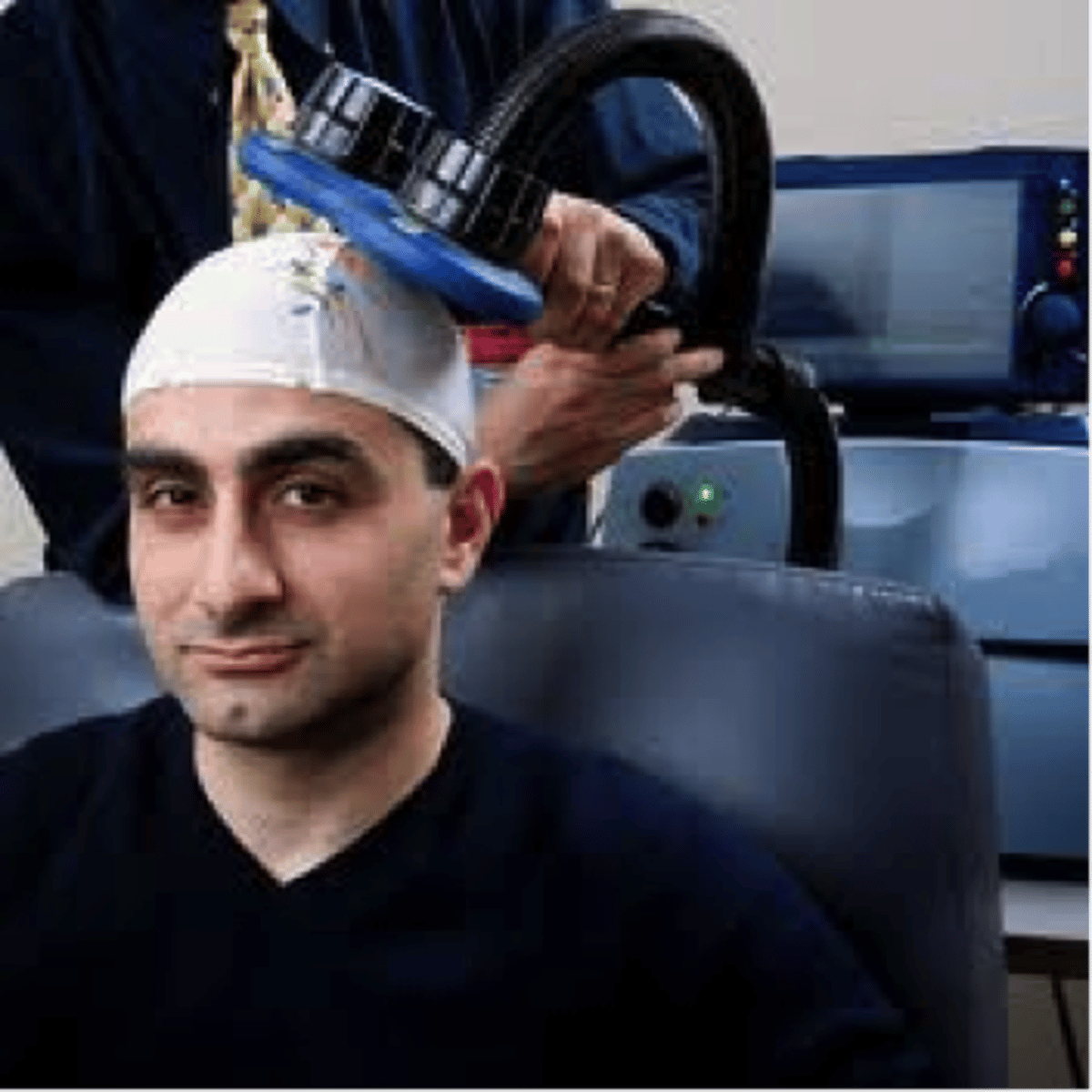
psychosurgery
surgery that removes or destroys brain tissue in an effort to change behavior
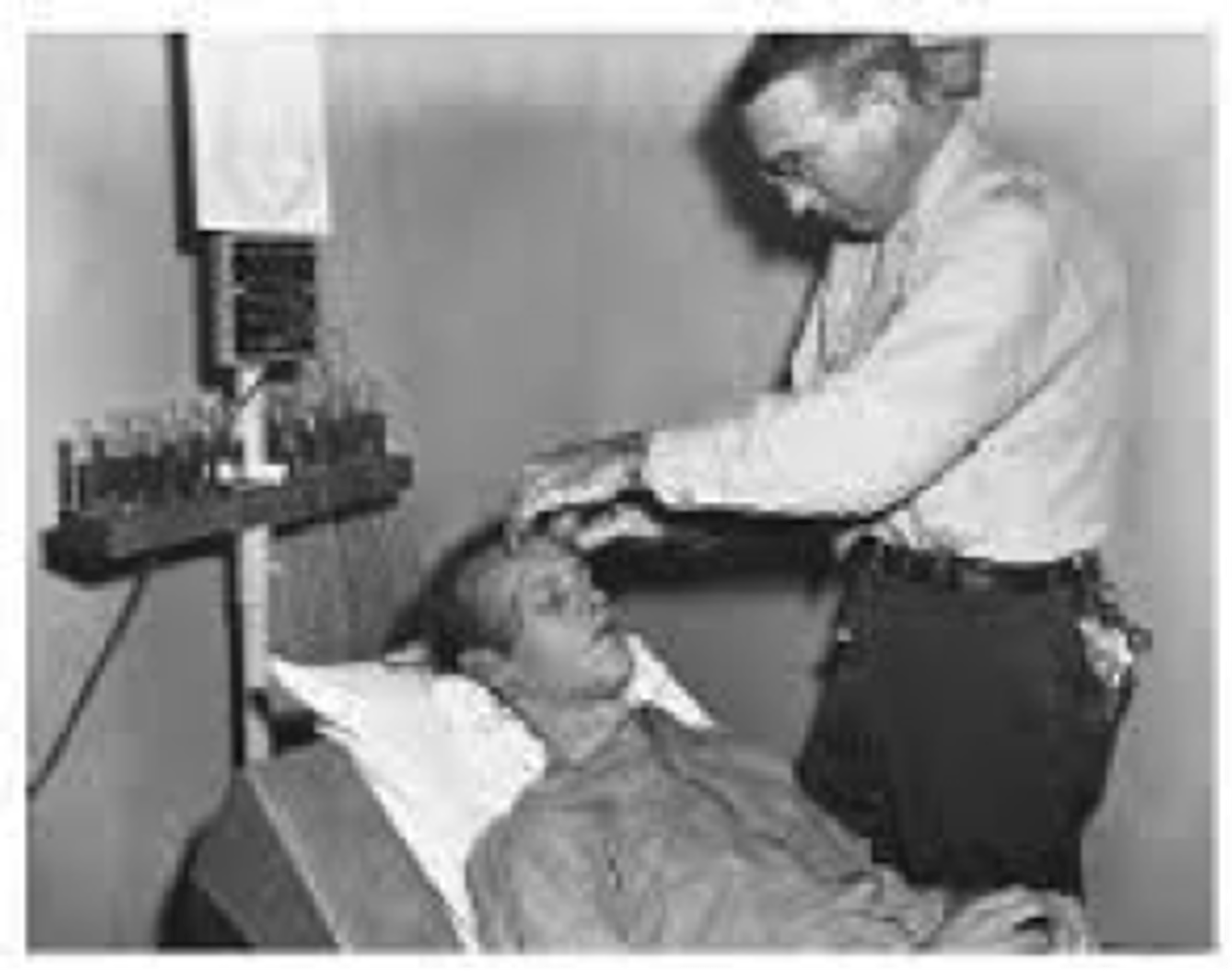
lobotomy
A now-rare psychosurgical procedure once used to calm uncontrollably emotional or violent patients. The procedure cut the nerves that connect the frontal lobes to the emotion-controlling centers of the inner brain.
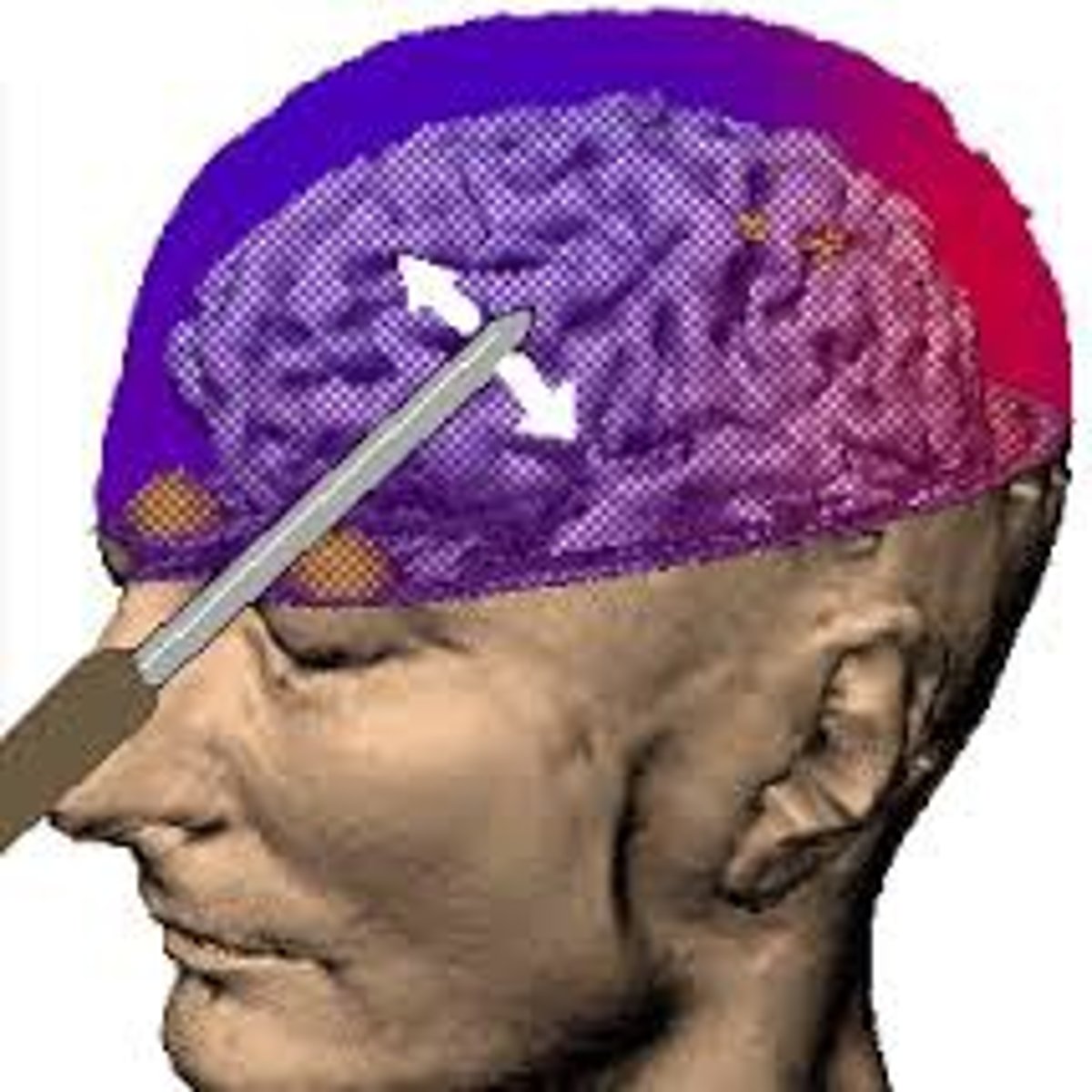
hypnosis
a social interaction in which one person suggests to another that certain perceptions, feelings, thoughts, or behaviors will spontaneously occur
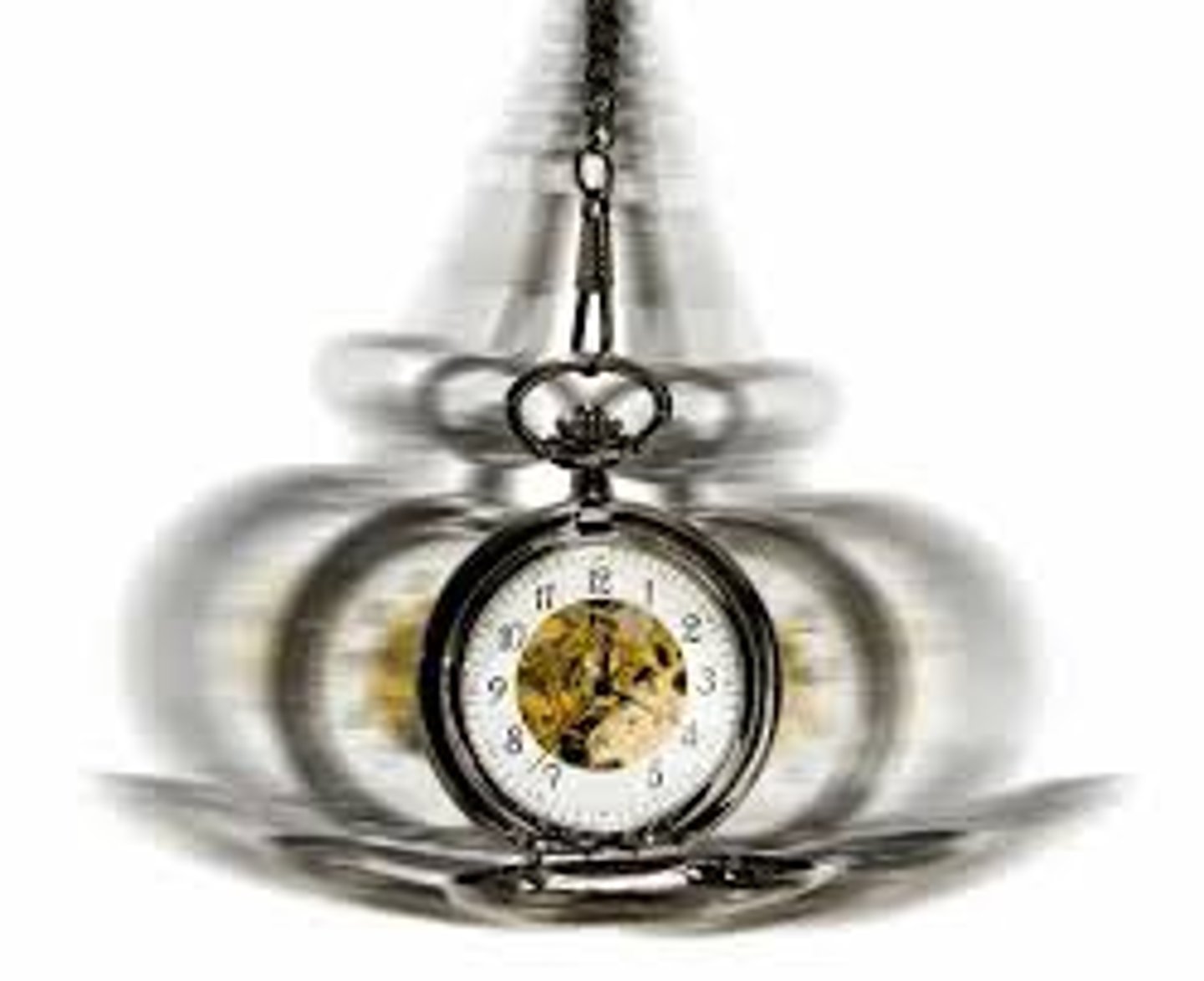
dissociation
a split in consciousness, which allows some thoughts and behaviors to occur simultaneously with others

posthypnotic suggestion
a suggestion, made during a hypnosis session, to be carried out after the subject is no longer hypnotized; used by some clinicians to help control undesired symptoms and behaviors
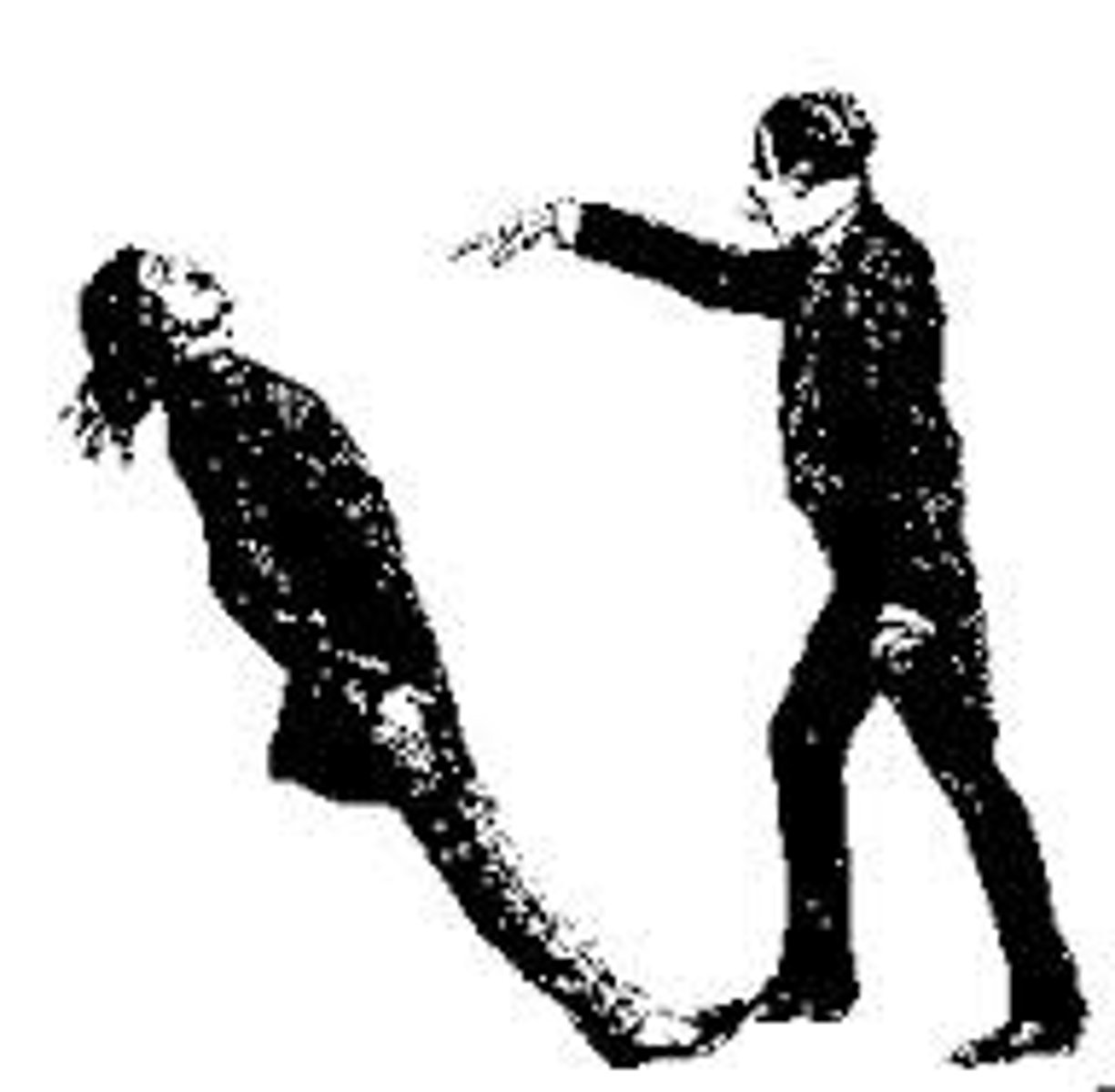
posttraumatic growth
positive psychological changes as a result of struggling with extremely challenging circumstances and life crises
